This year's slogan, “WE DON’T HAVE TO”, opened the door to an artistic, performative, radical confrontation with the era of productivity, coercion, and techno-algorithms. We don't have to do anything and we'll do it our way.
Welcome to Spider Festival 2023, a Dance study of the digital space as a field of resistance to the hegemonic contemporary choreography interfaces. We invite you to tilt in and out and encounter empty frames filled with organic materials.
Bring all the data and expectations, and let all thought be metabolized by idiosyncratic dancers who feel their way through the world imaginatively and artfully.
Welcome to Spider Festival 2023!
spiderfestival.com
facebook.com/spiderfestivals
@spiderfestival
Under the slogan, WE DON’T HAVE TO!, the 12th edition of Festival Spider opens the door to an artistic, performative, and radical confrontation with the era of productivity, coercion, and techno-algorithms, focusing on the physical and bodily presence in the digital era. Whereas we’re surrounded from all sides by the culture of violence, the culture of fake news, the culture of isolation, and the culture of exploitation, we’ll turn our attention to the culture of art.
Between June 14 and 17, Tivoli Park in Ljubljana will burst again with upcoming and established names of the contemporary international and local art scene. From an Afrofuturistic journey through the Balkans and the future female erotic to opera dada blues punk-pop, radical talks and a dictionary of madness, all this is Festival Spider 2023.
Milan Tomášik is joining forces with Andreja Rauch Podrzavnik and Jakub Mudrák. Sigrid Stigsdatter Mathiassen is returning to Spider with a contemplation about the future female erotica. Benjamin Abel Meirhaeghe is arriving with operatic dada blues punk-pop. In co-production with the City of Women, we’re hosting Christian Guerematchi and Shishani, who will take us on an Afrofuturistic journey through the Balkans. Meg Stuart and Doug Weiss are preparing a performative and musical journey on memory lane. We’re anticipating the performances of Tatiana Kocmur, Matej Kejžar, and Mikael Marklund. The stage is being set for the concerts by Mušnica má milá and Silence. The speakers are warming up for the Radical Talks. And we’ll pay special tribute to Svetlana Makarovič, who will perform a poetry recital.
Welcome to Spider Festival 2023, a Dance study of the digital space as a field of resistance to the hegemonic contemporary choreography interfaces. We invite you to tilt in and out and encounter empty frames filled with organic materials.
Welcome to the place of opacity, inhalation, and reflection. Bring all the data and expectations, and let all thought be metabolized by idiosyncratic dancers who feel their way through the world imaginatively and artfully.
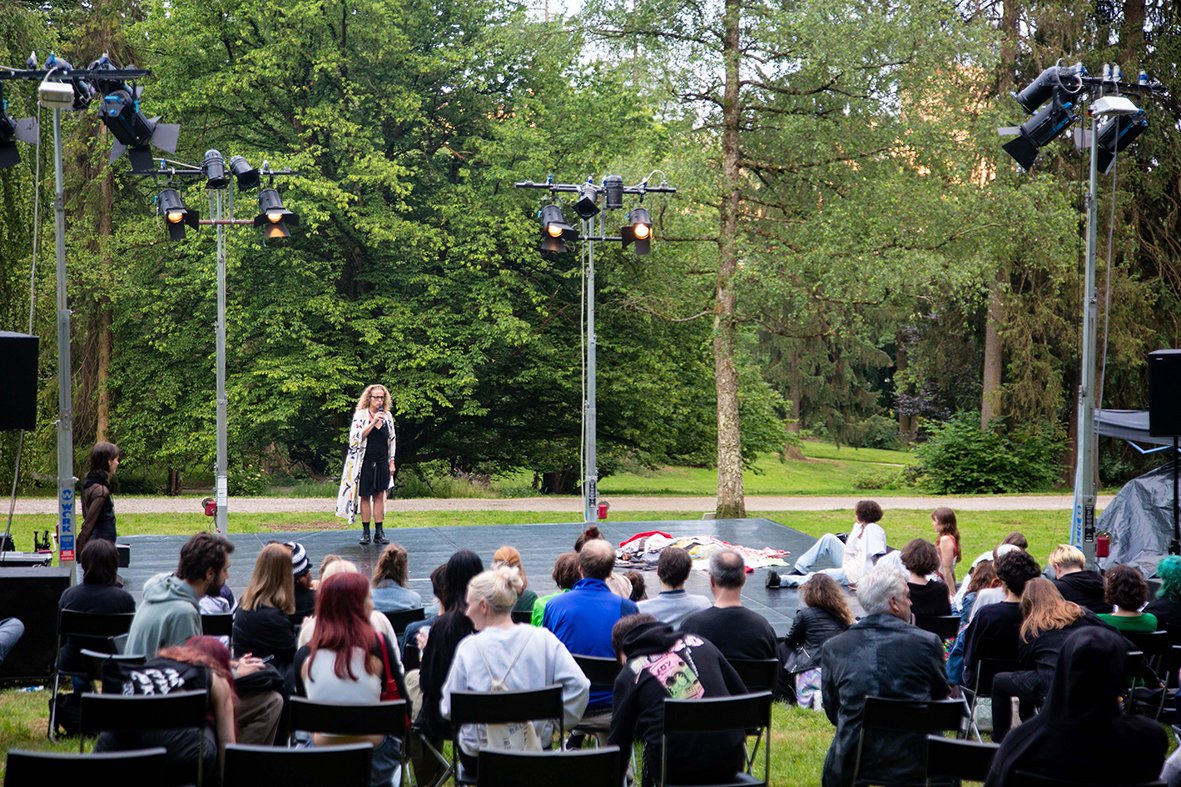
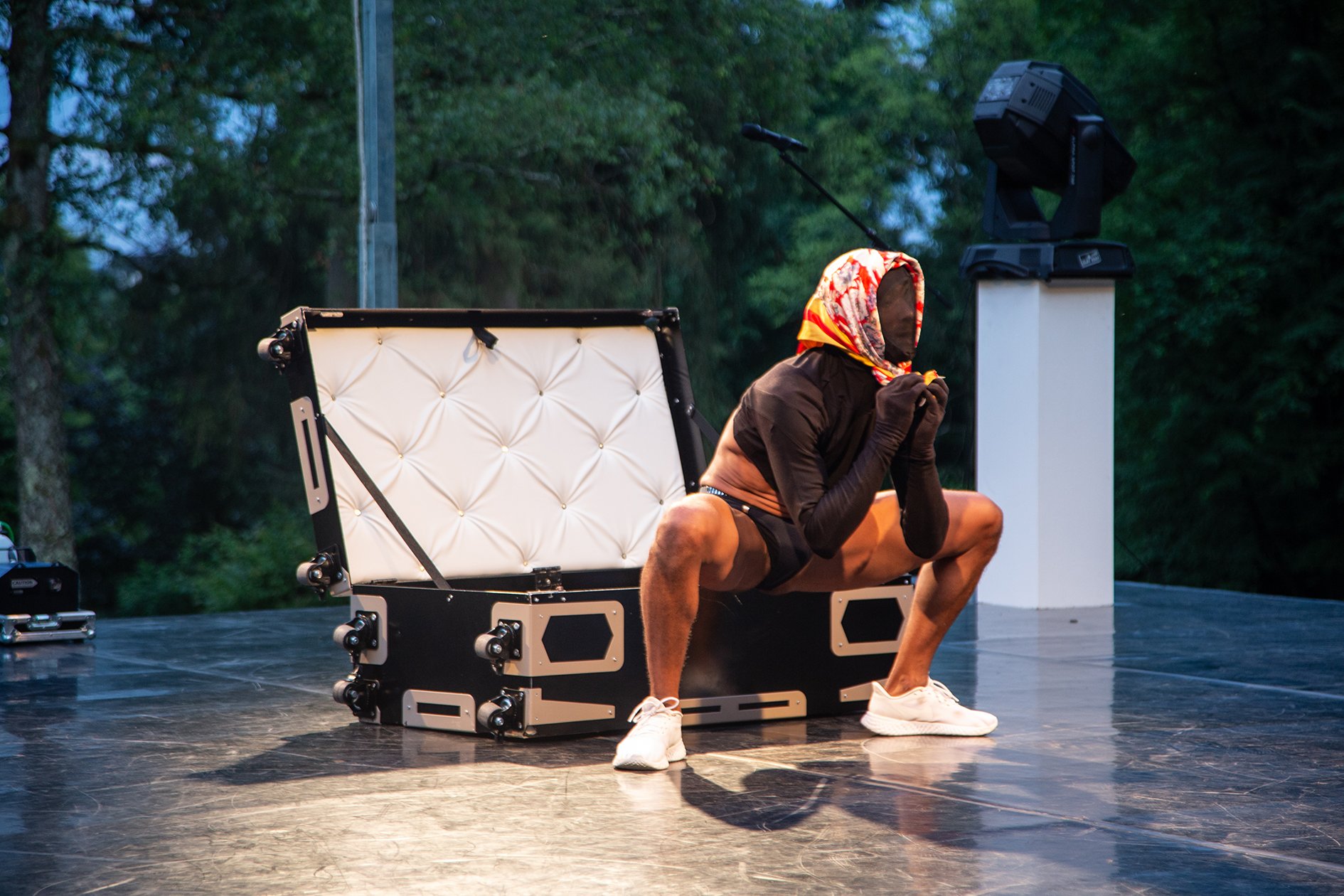
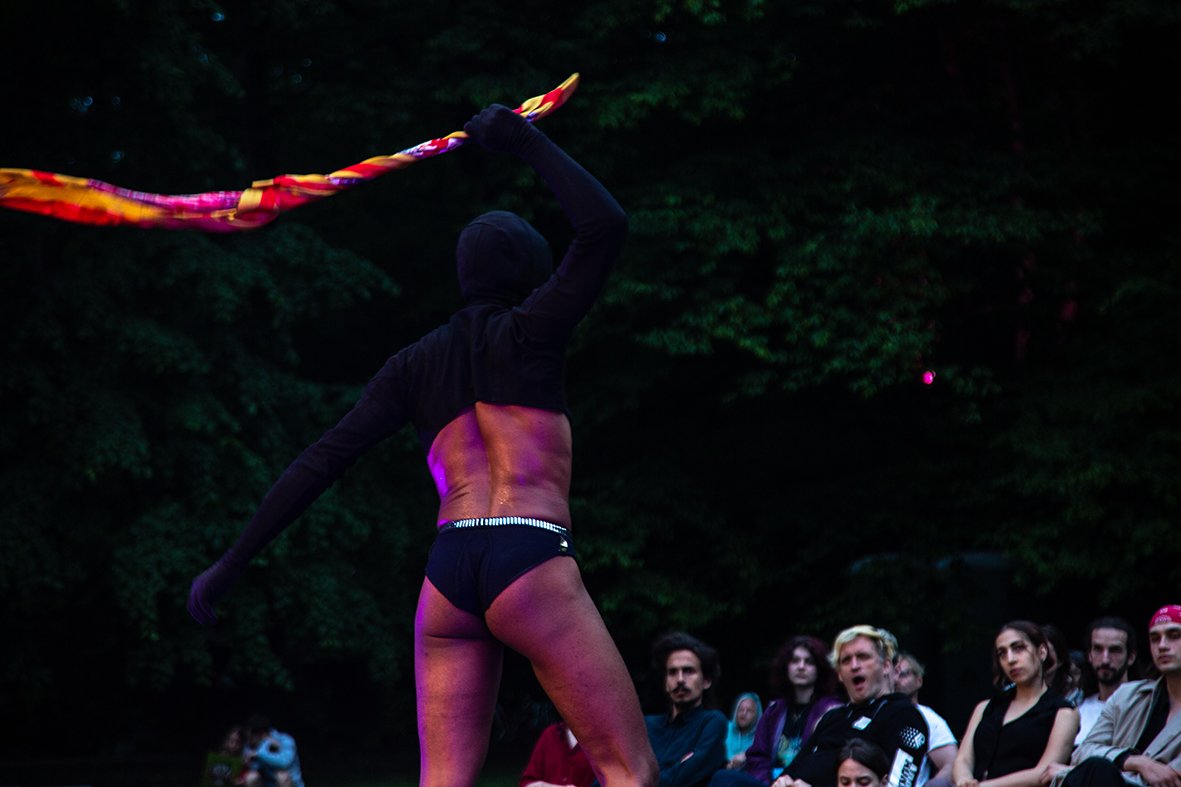
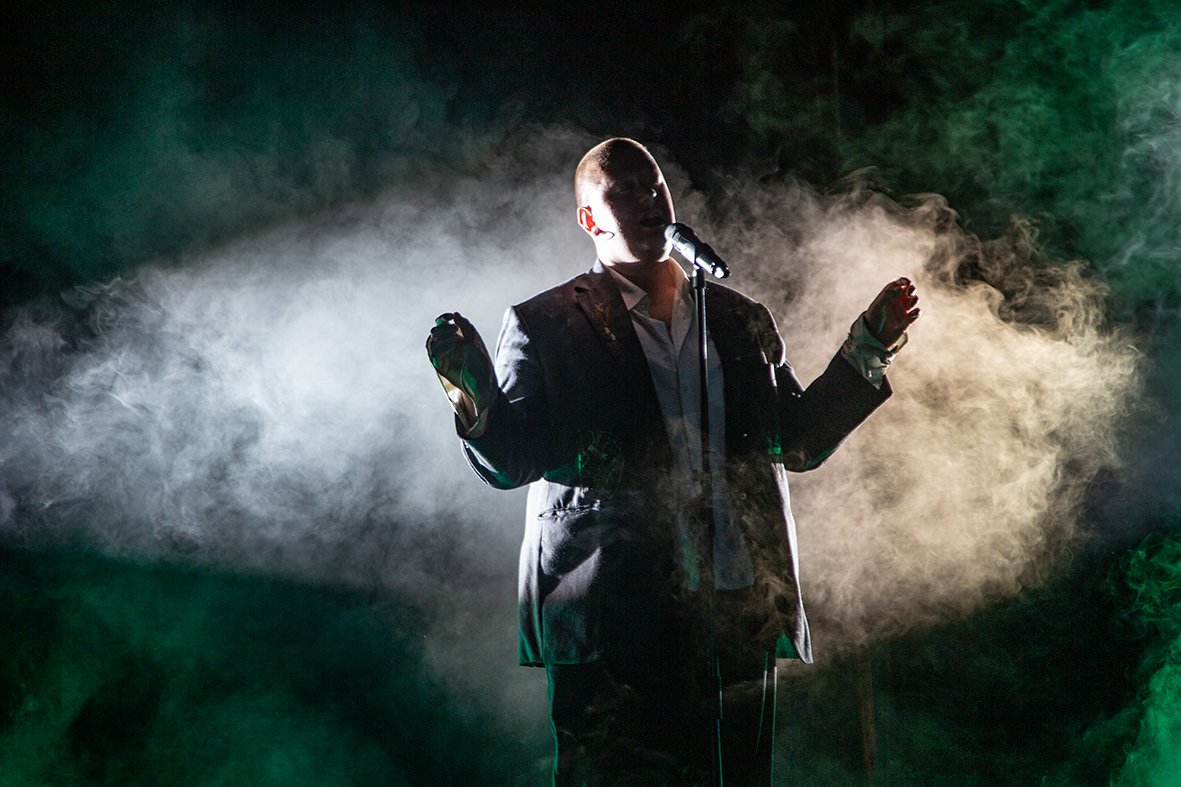
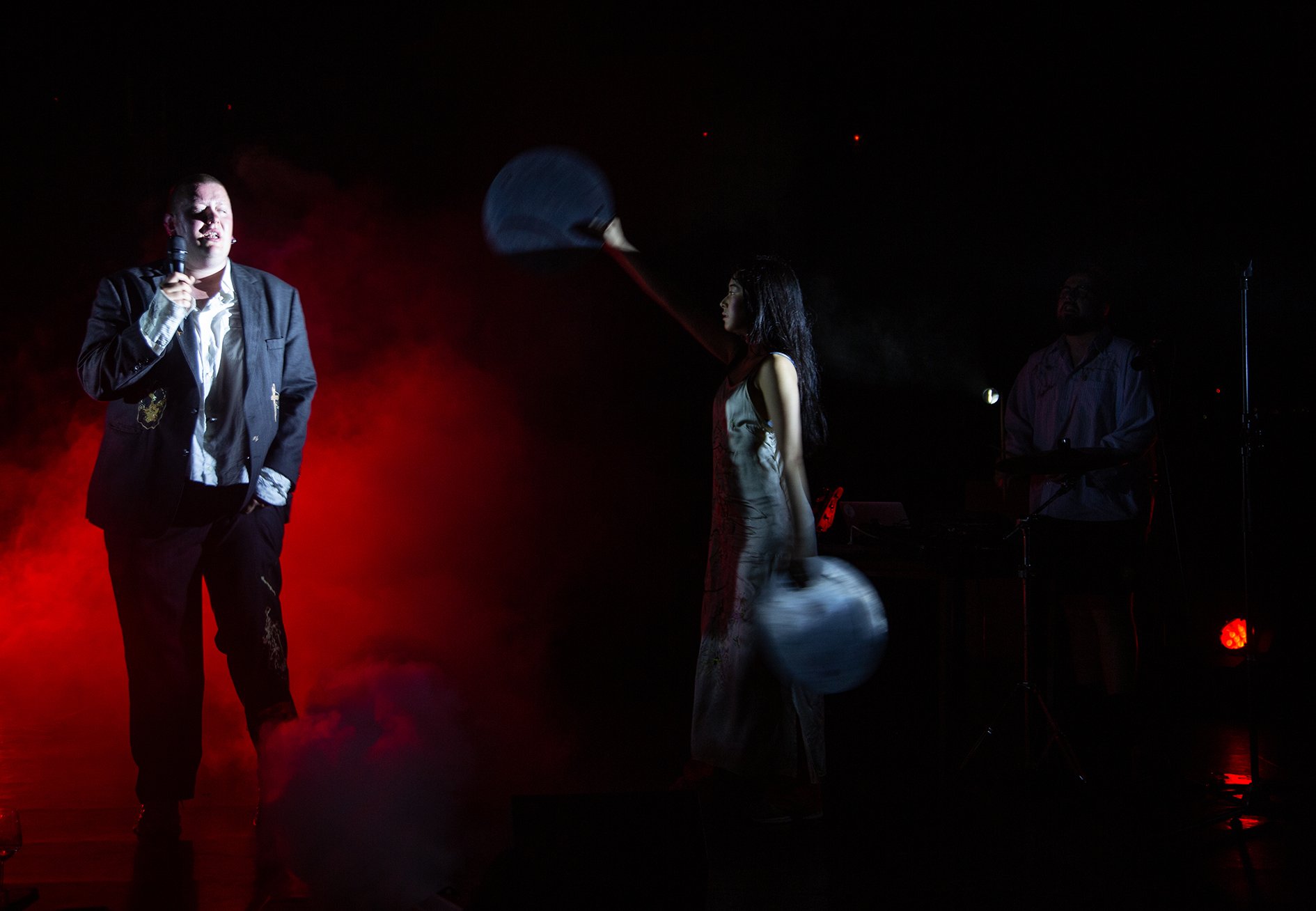
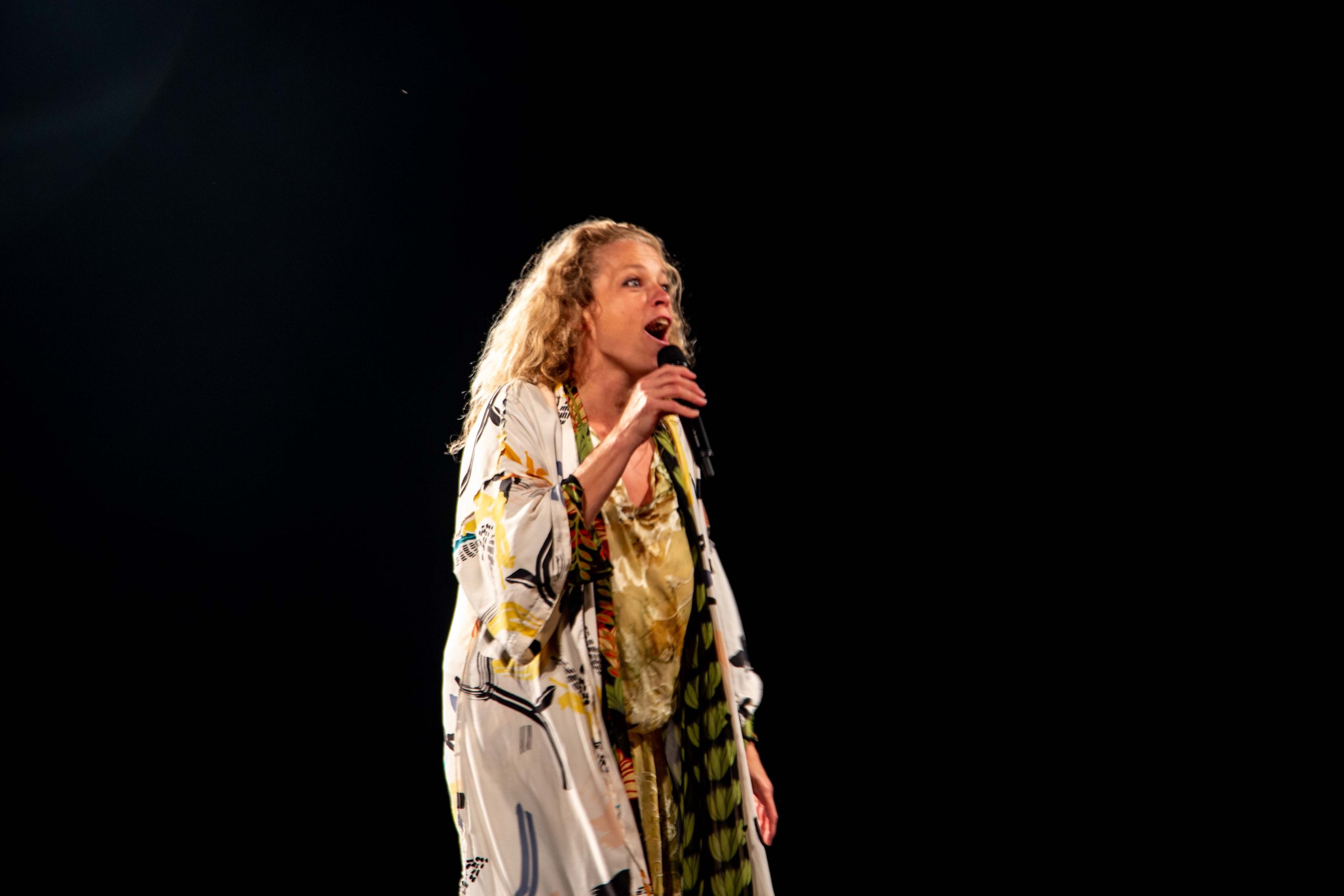
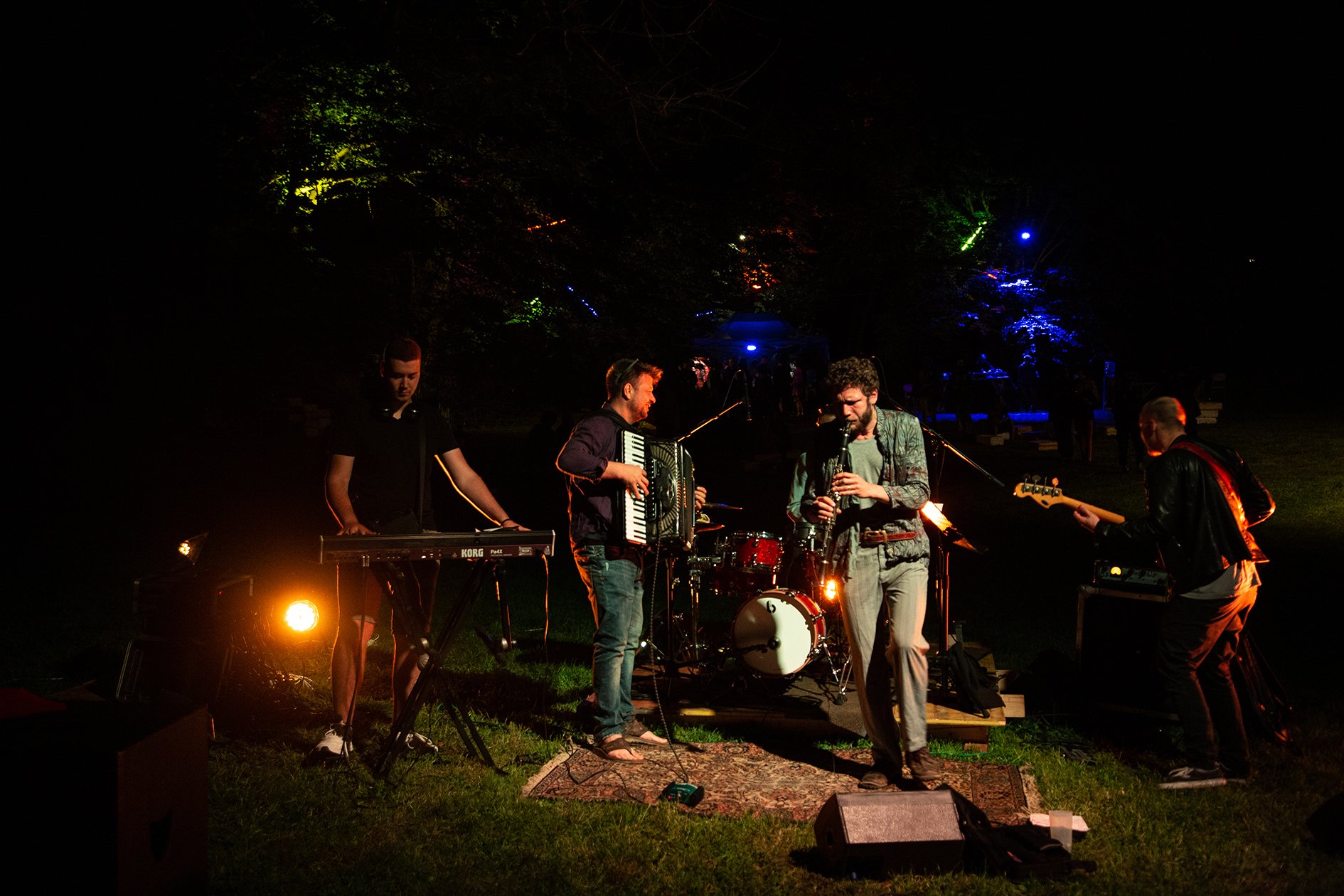
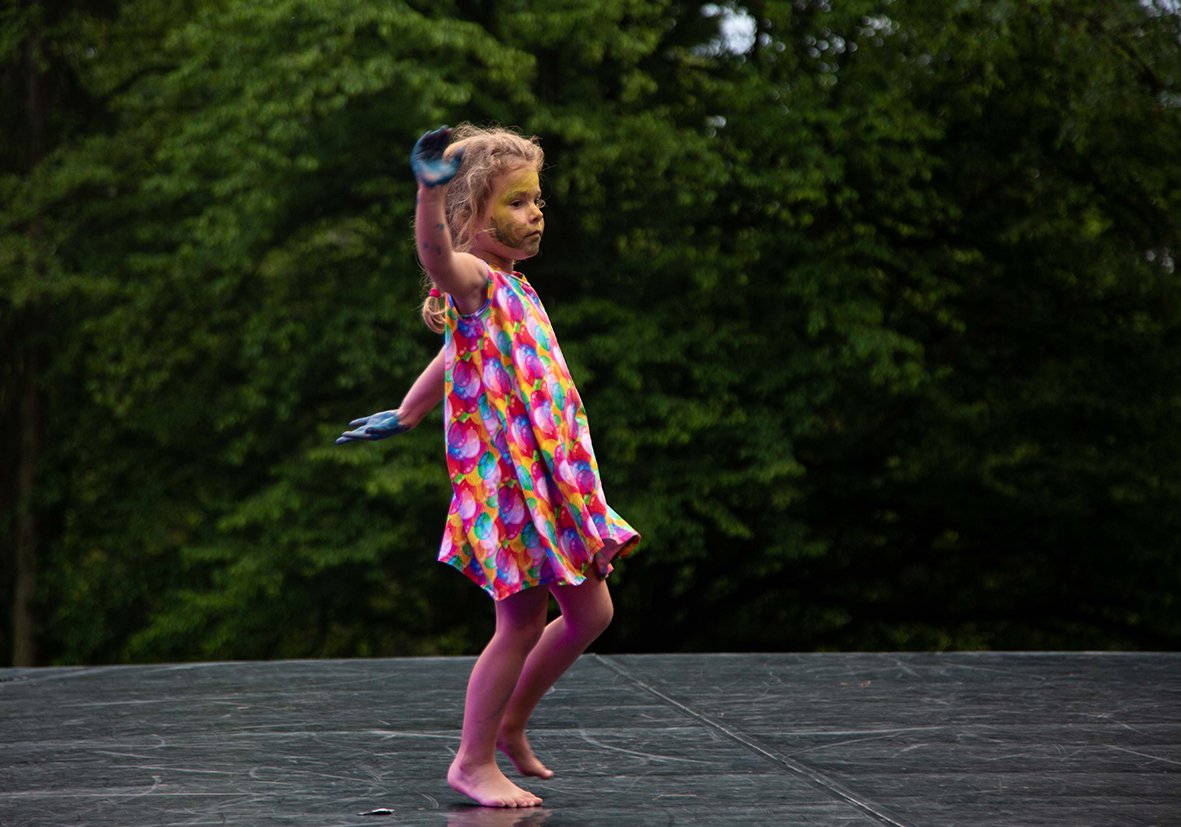
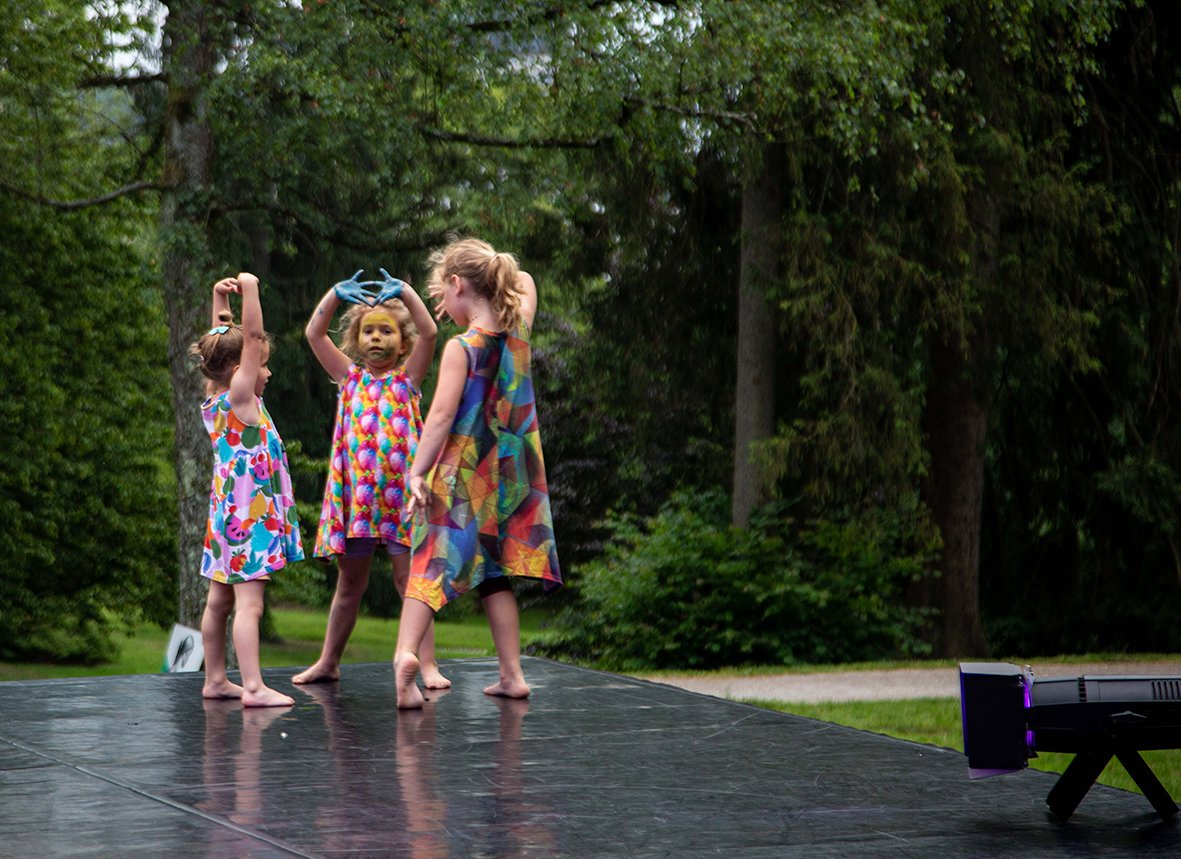
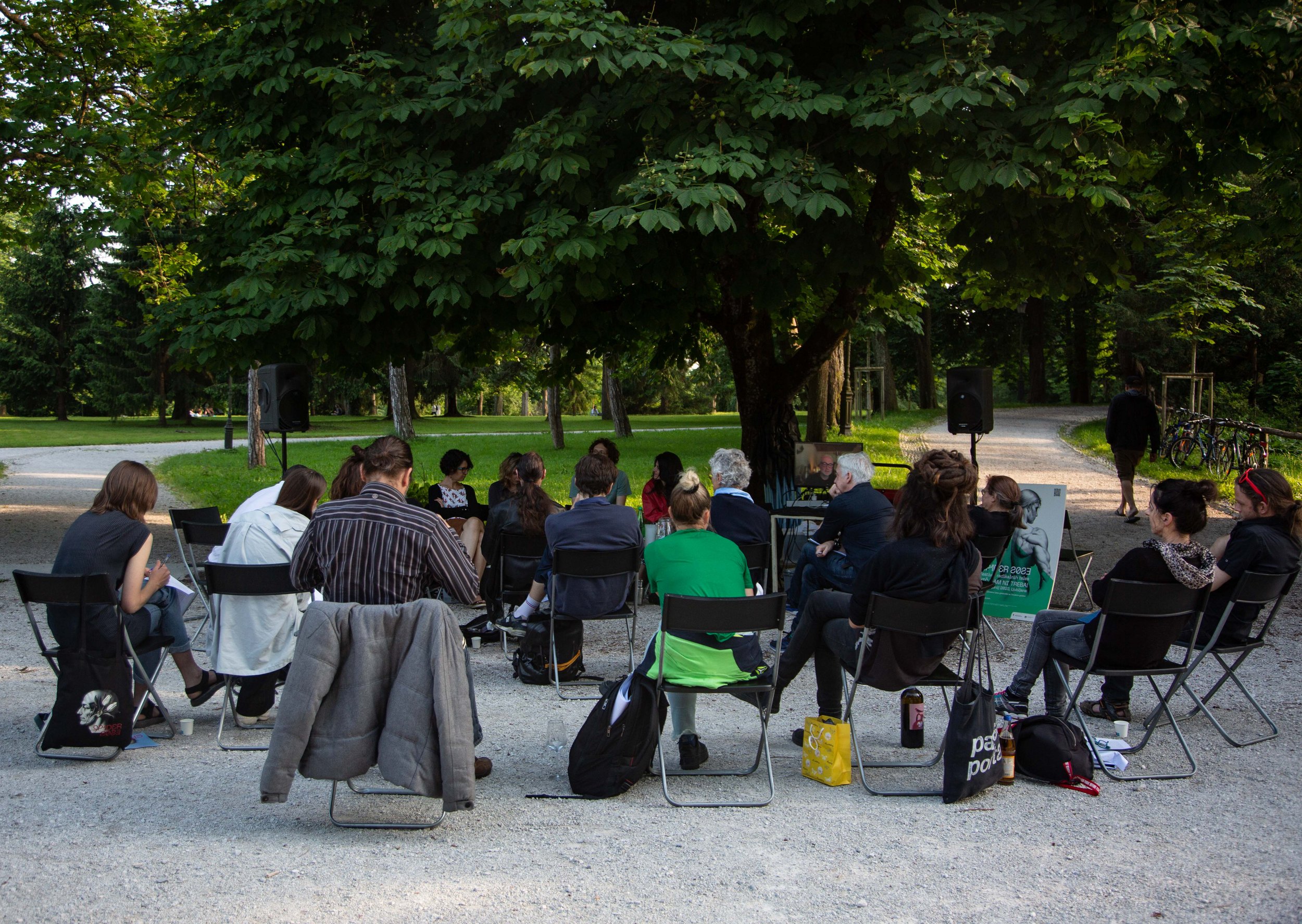
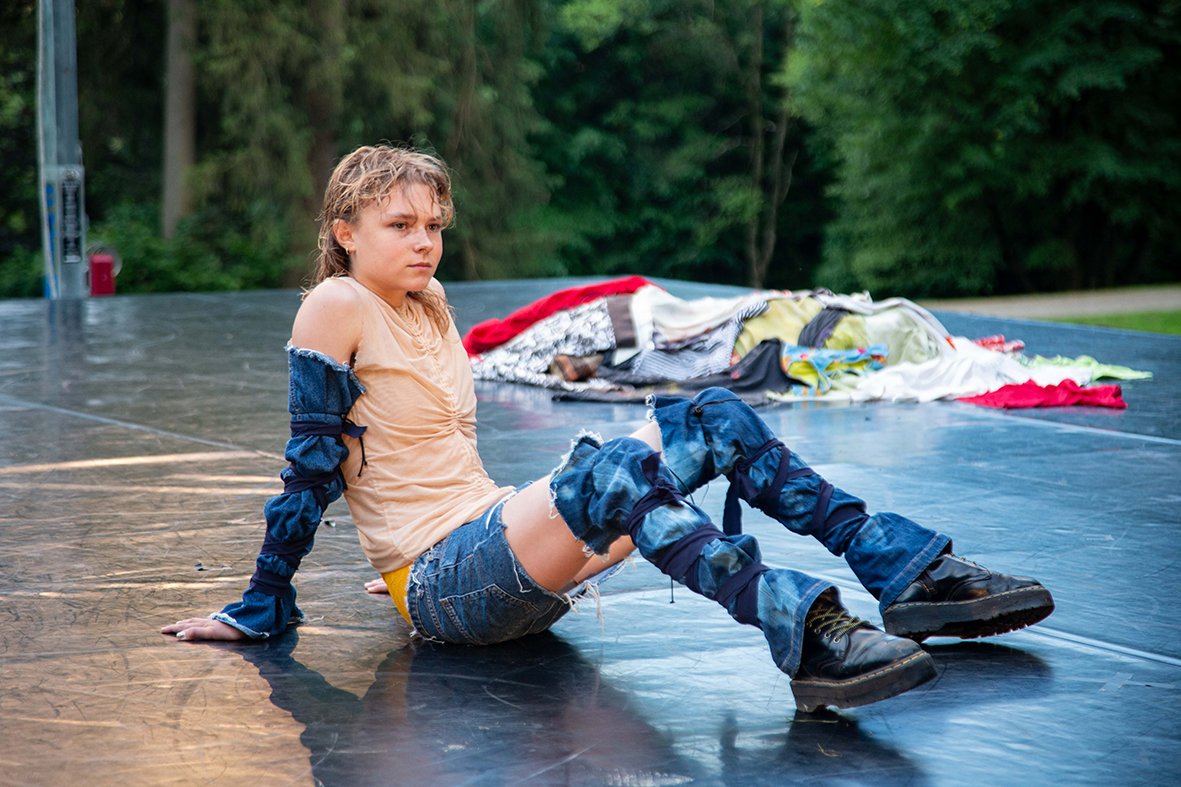
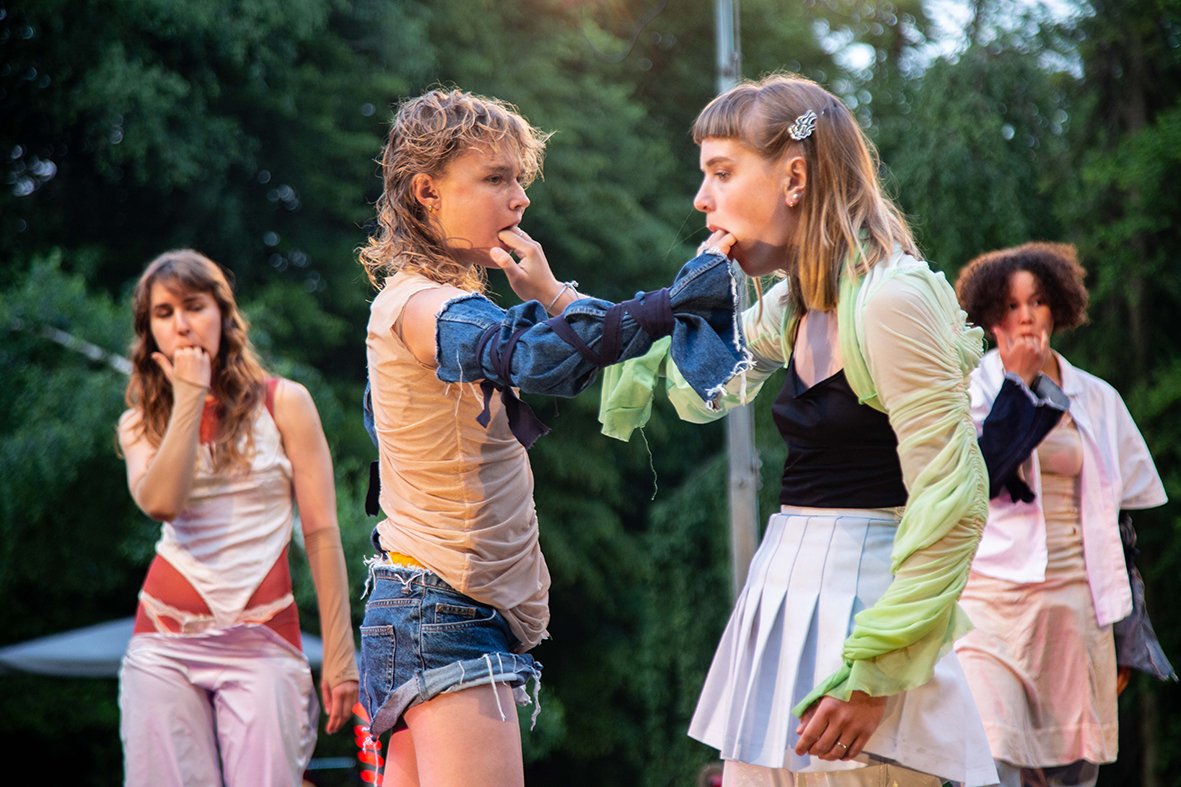
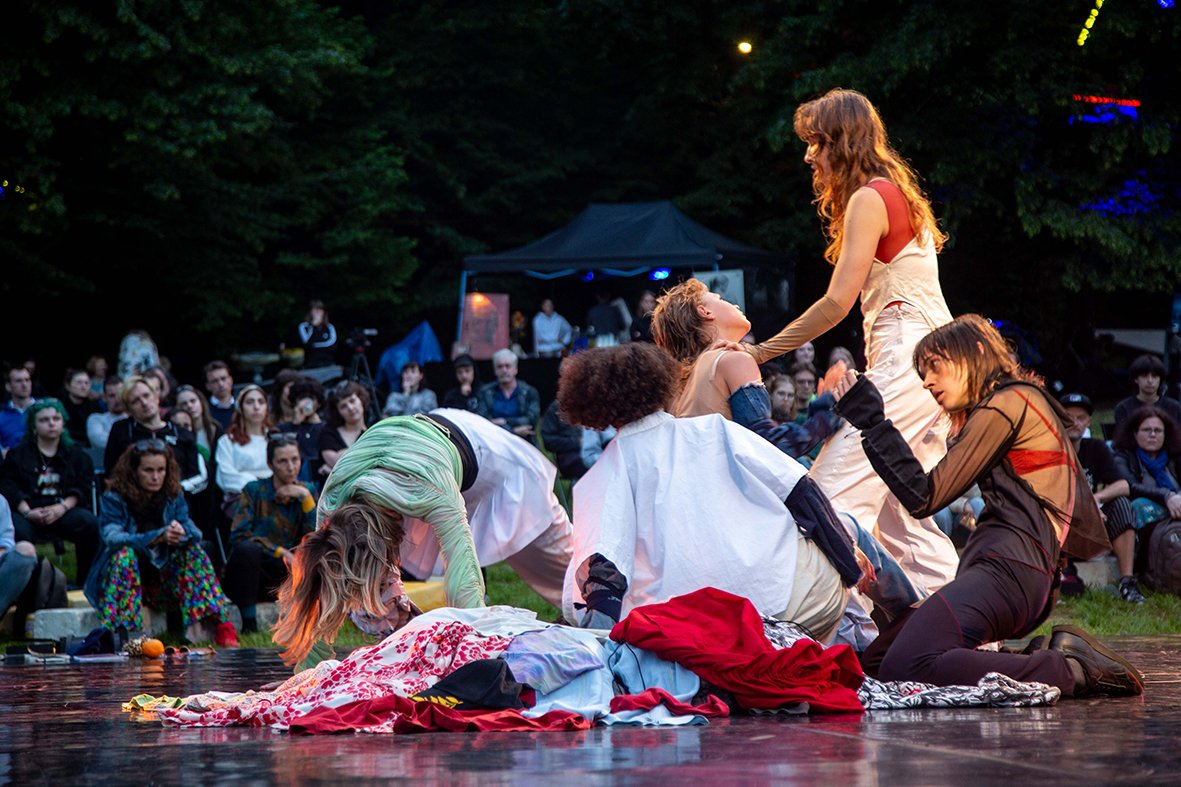
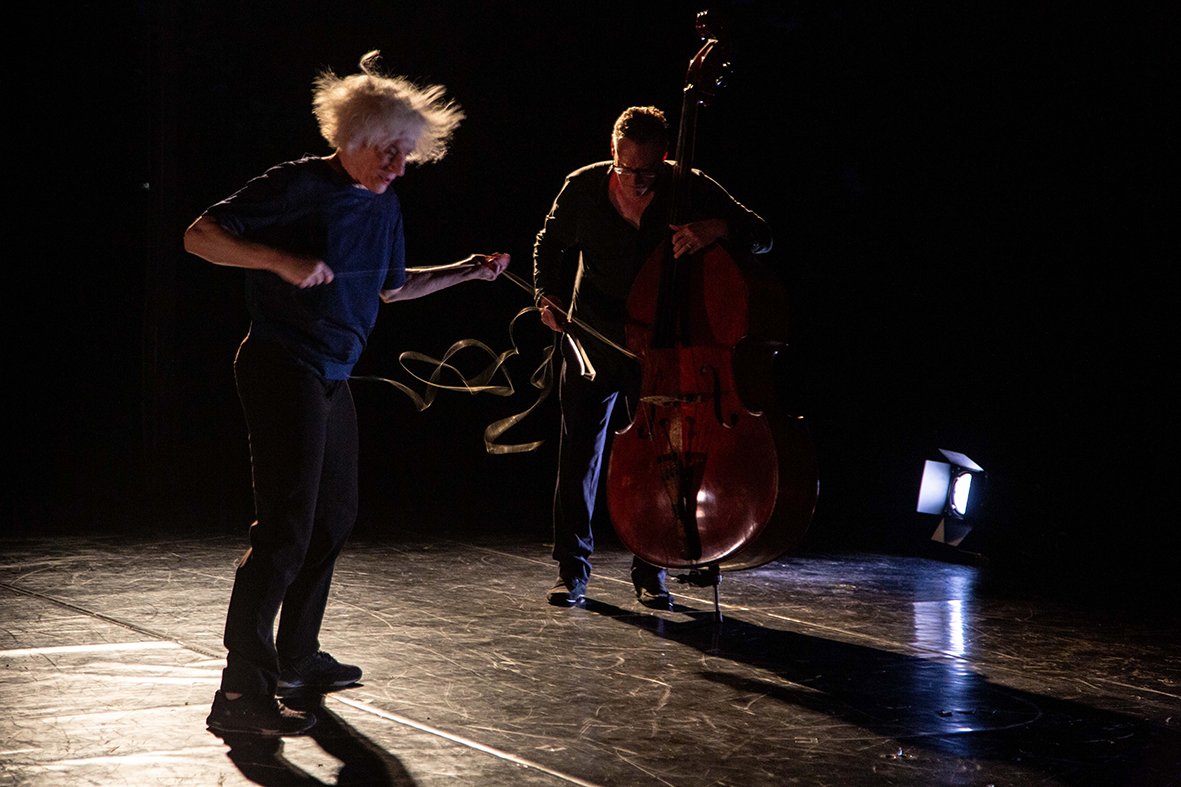
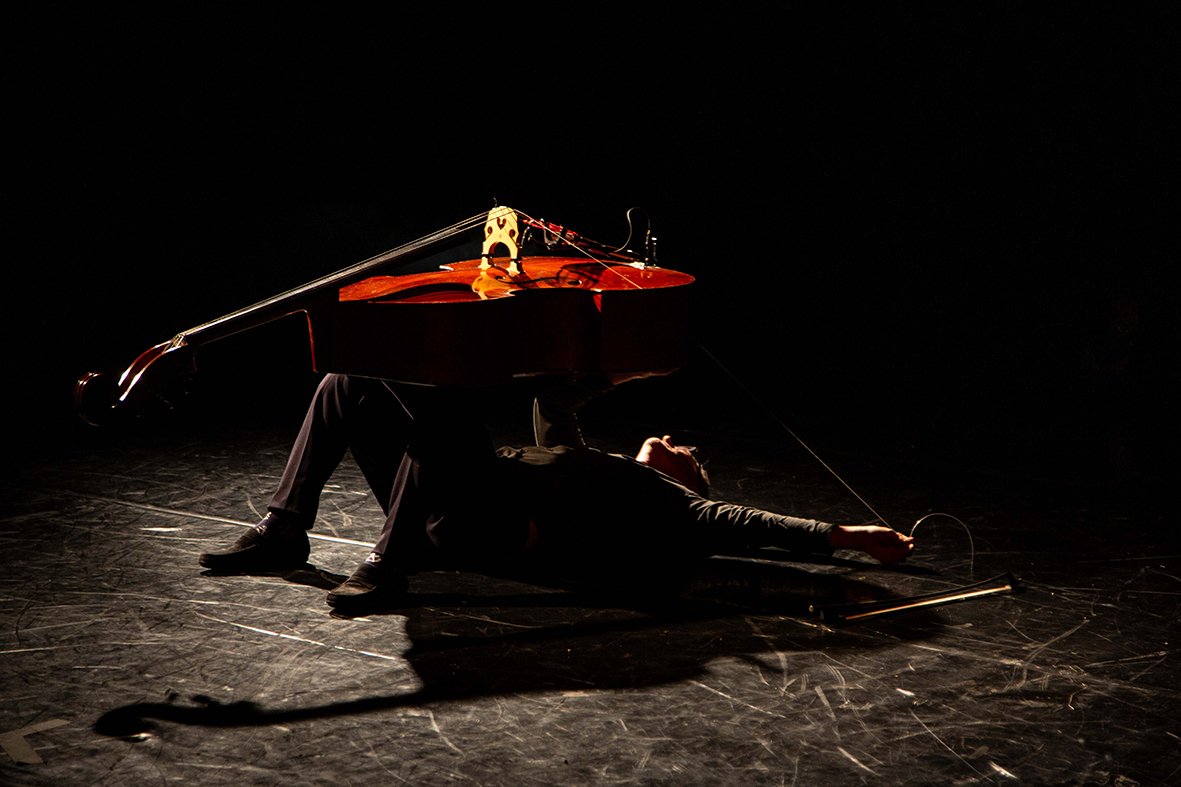
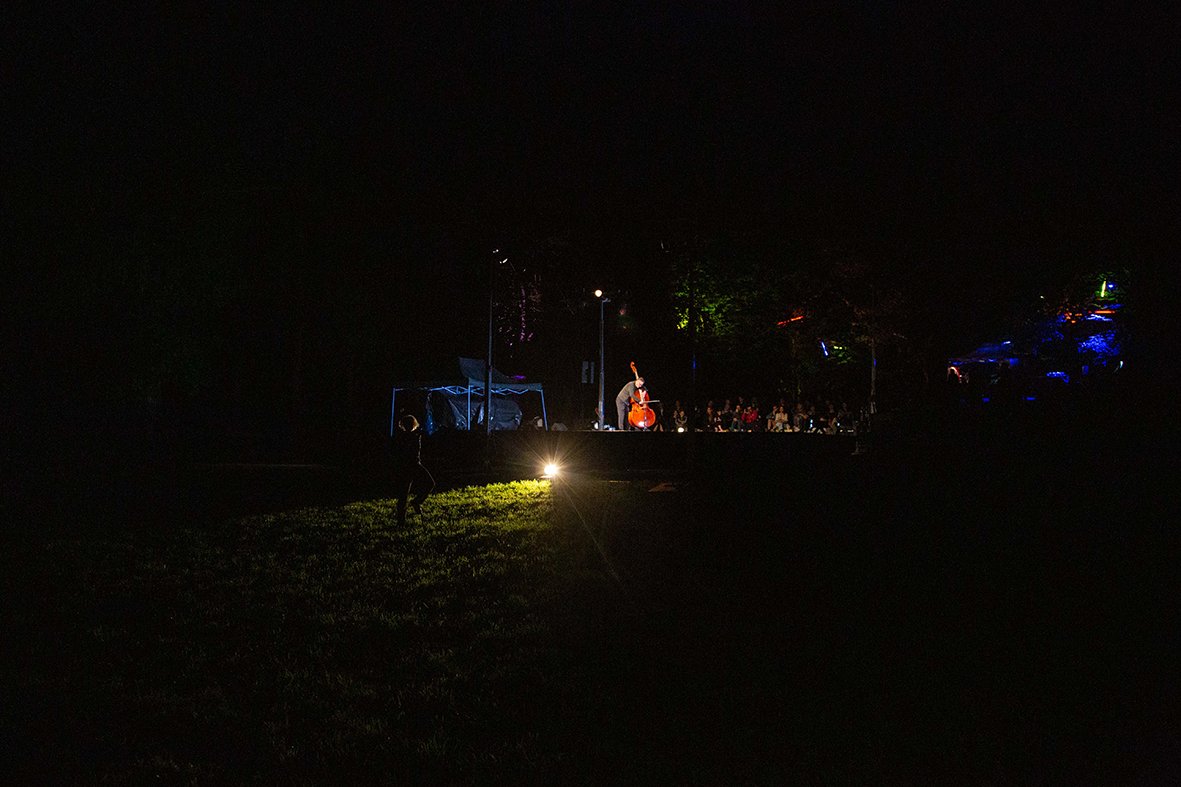
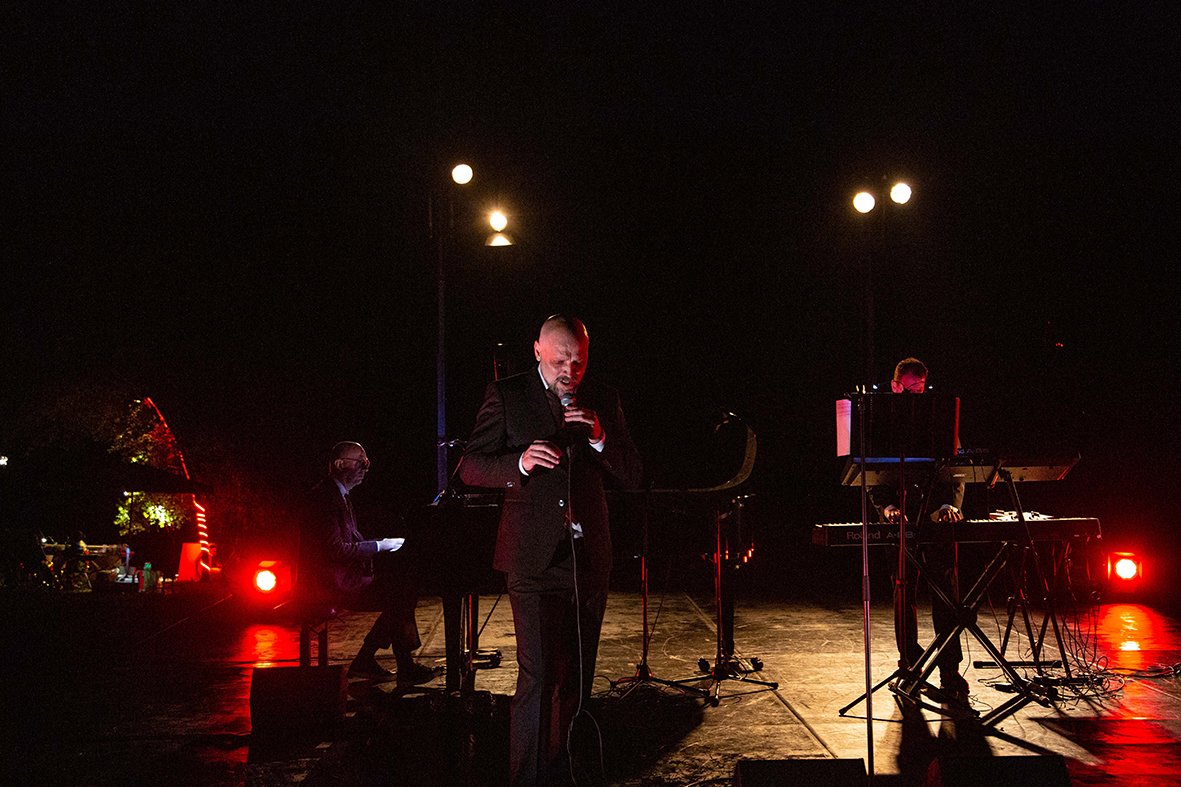
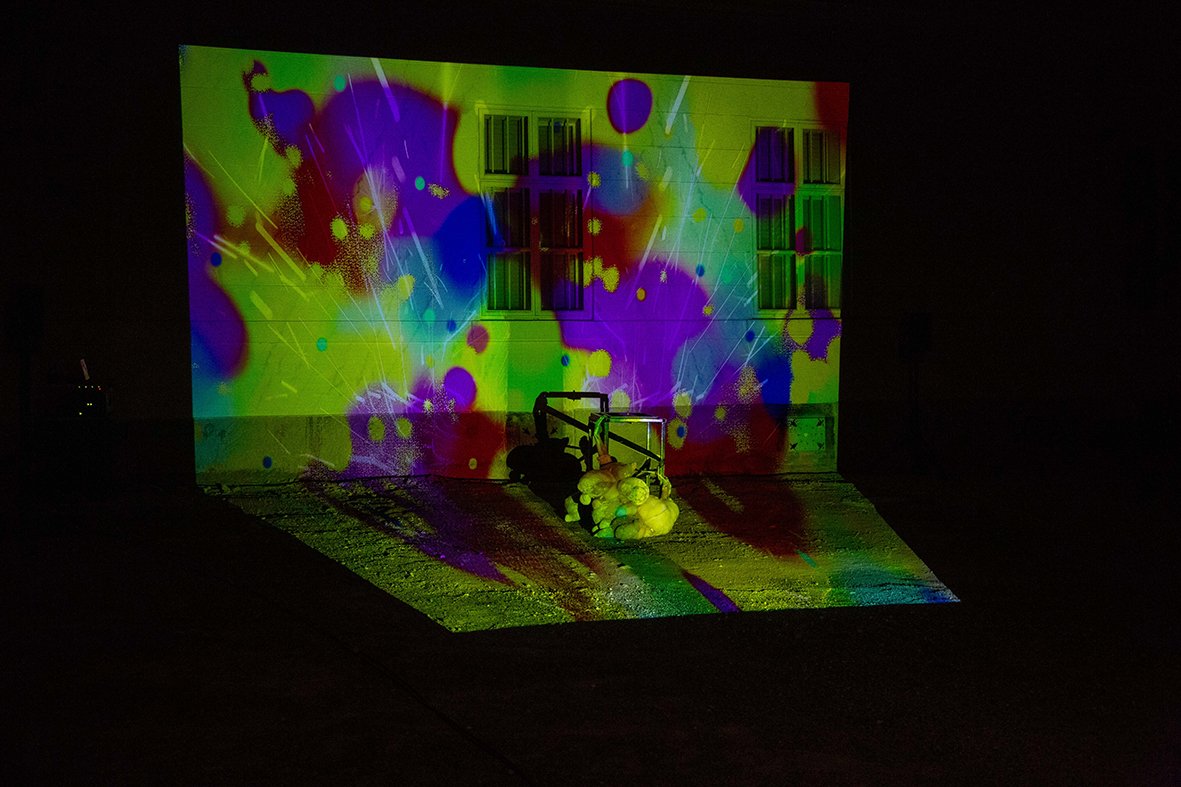
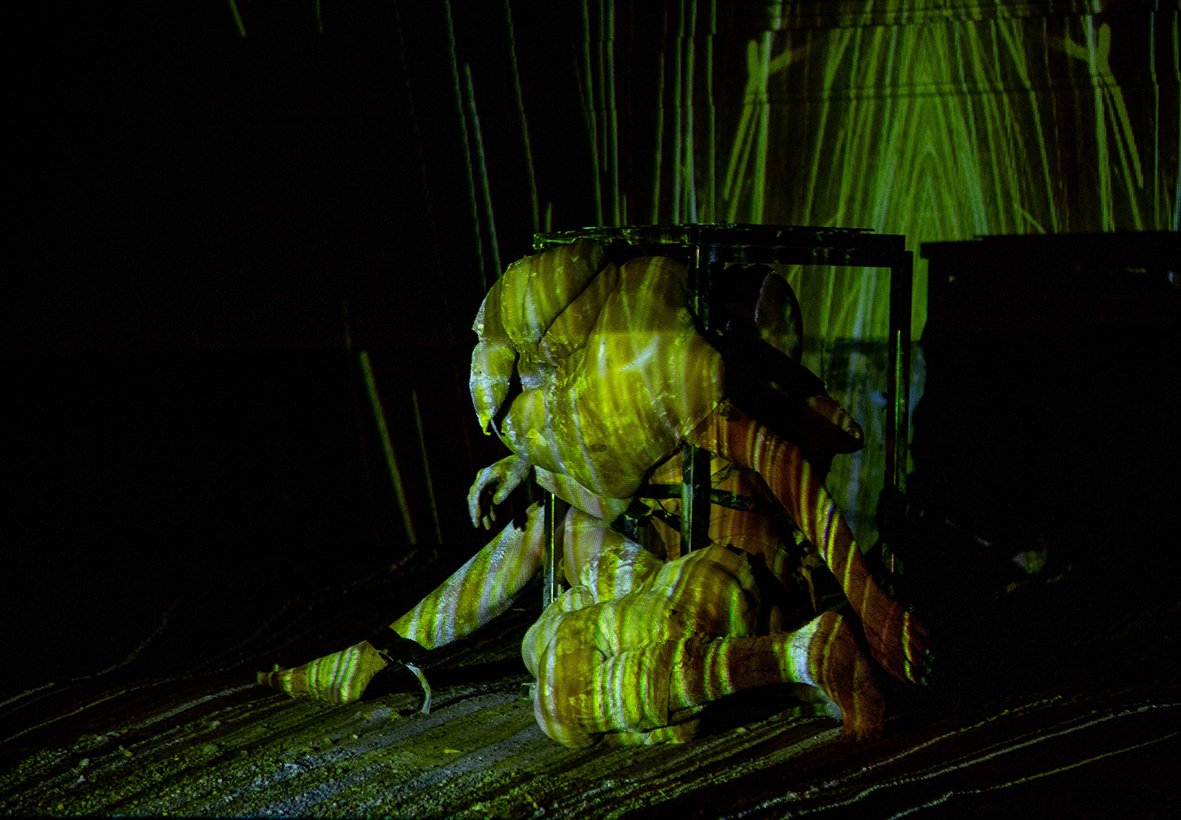

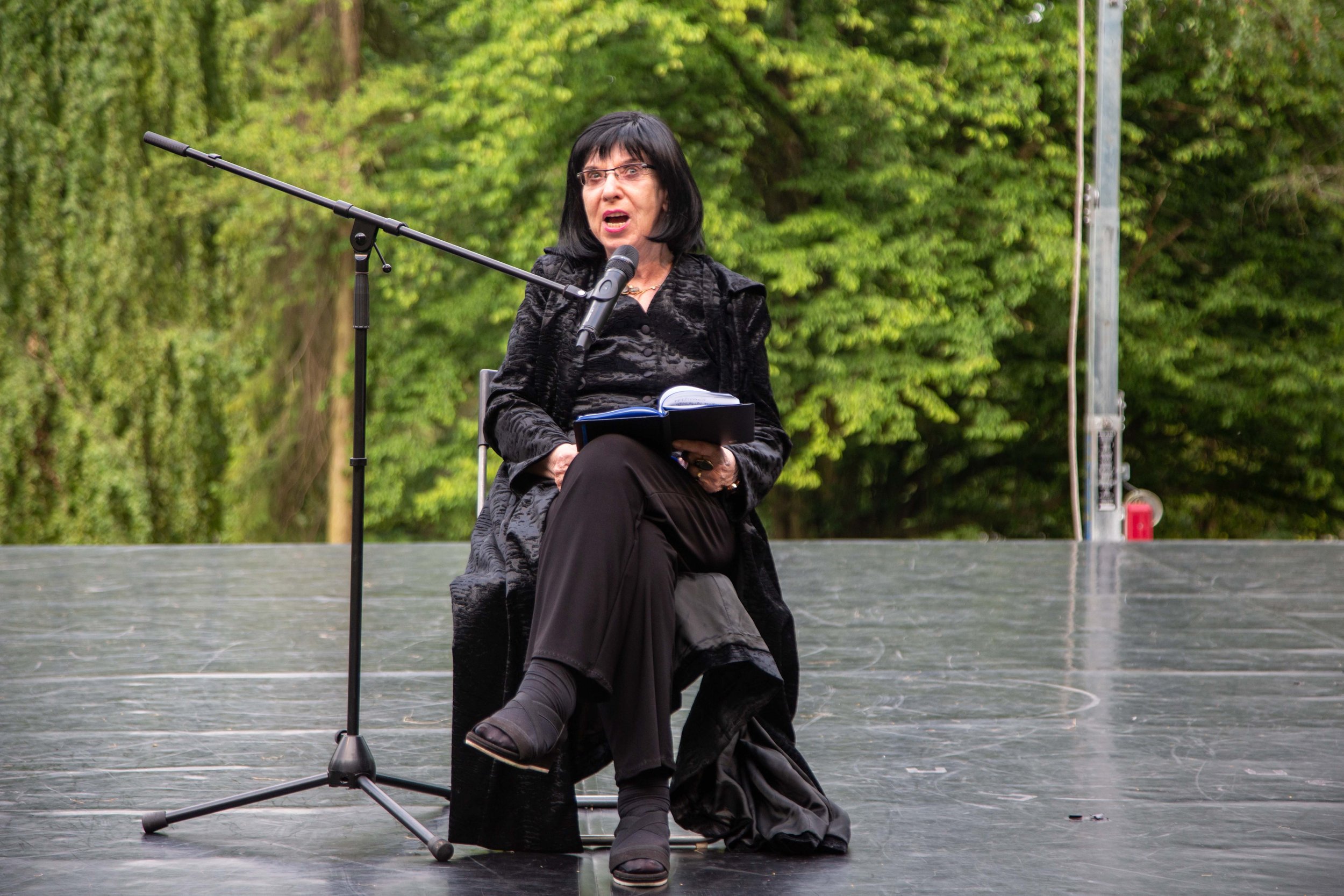
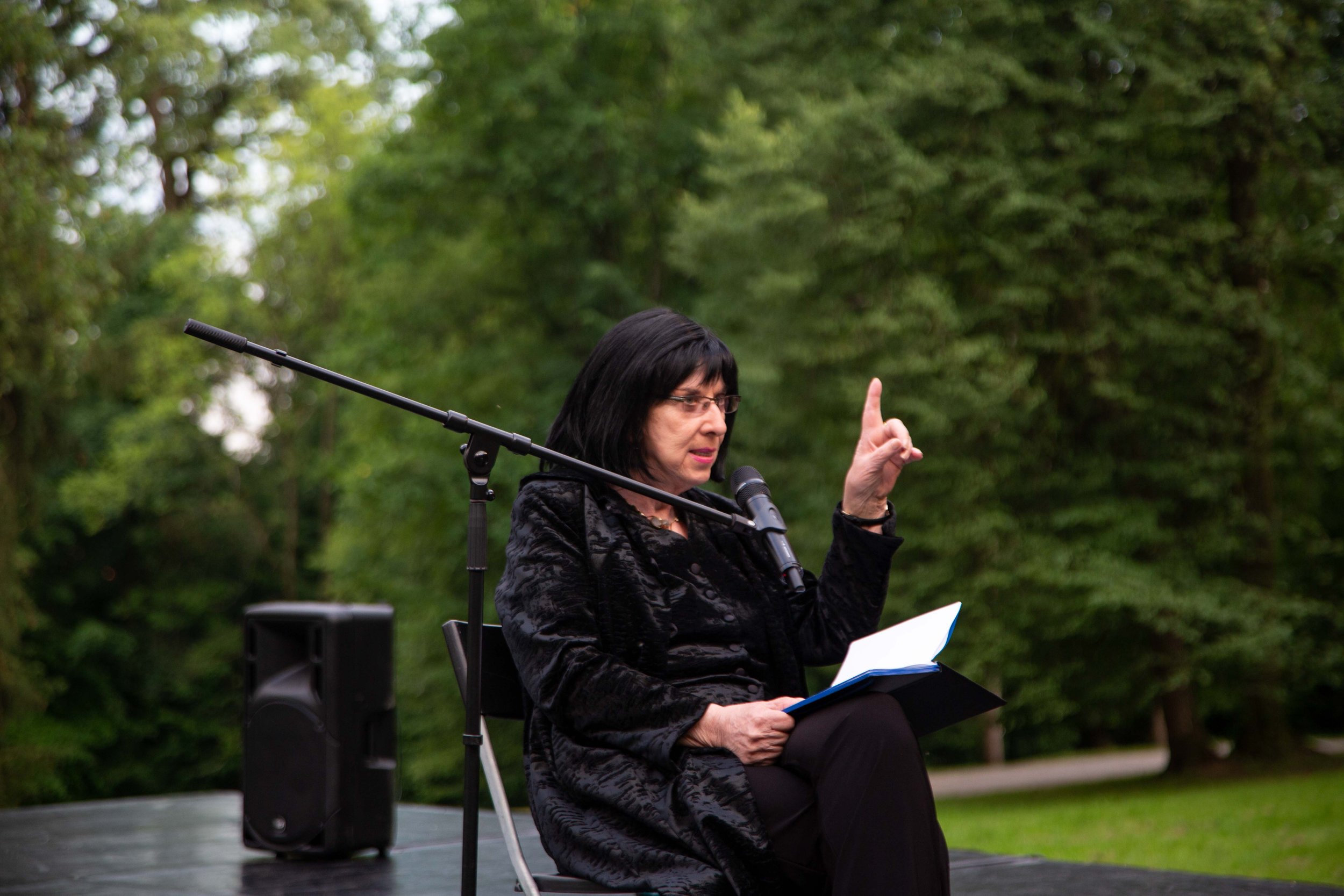
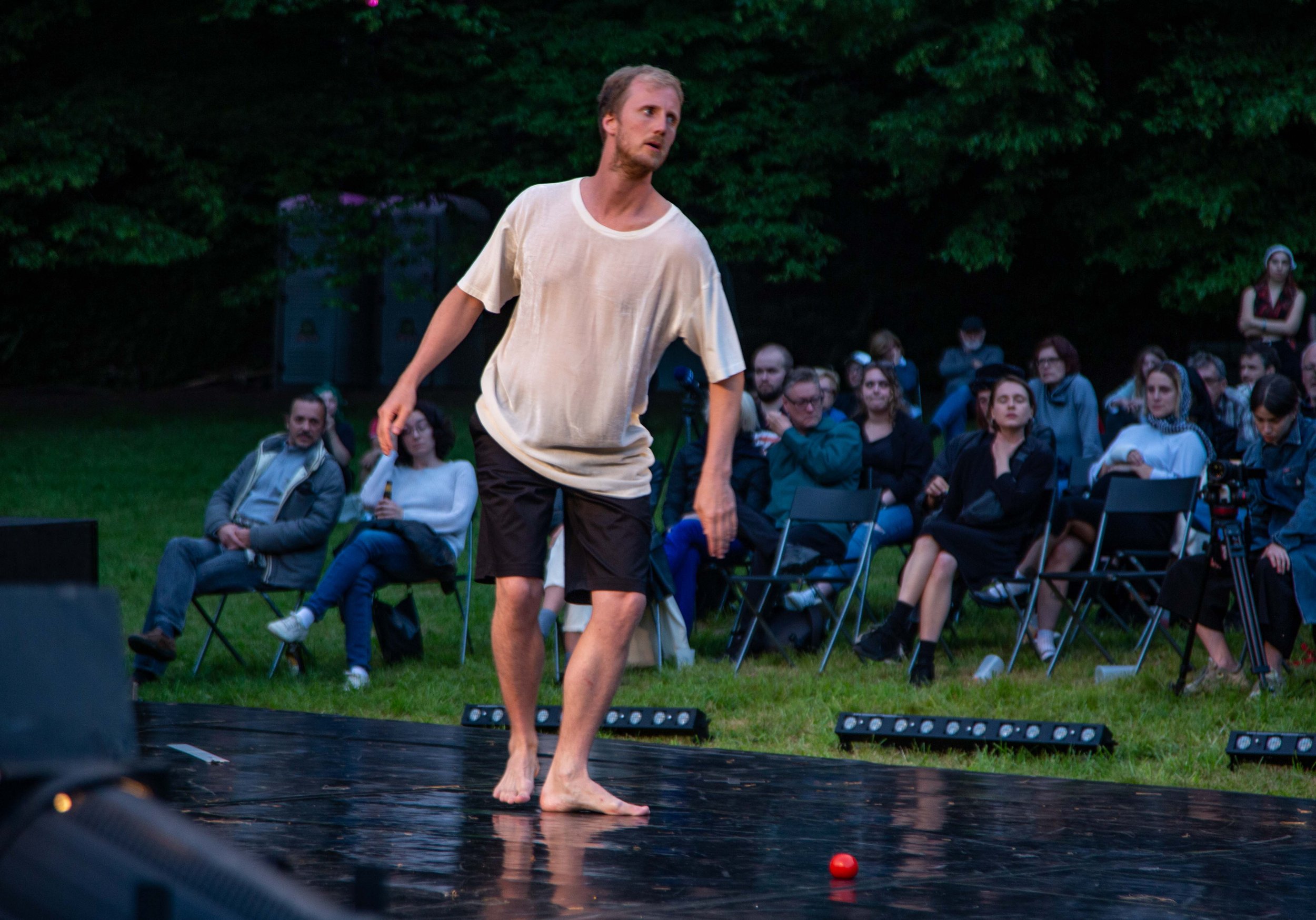
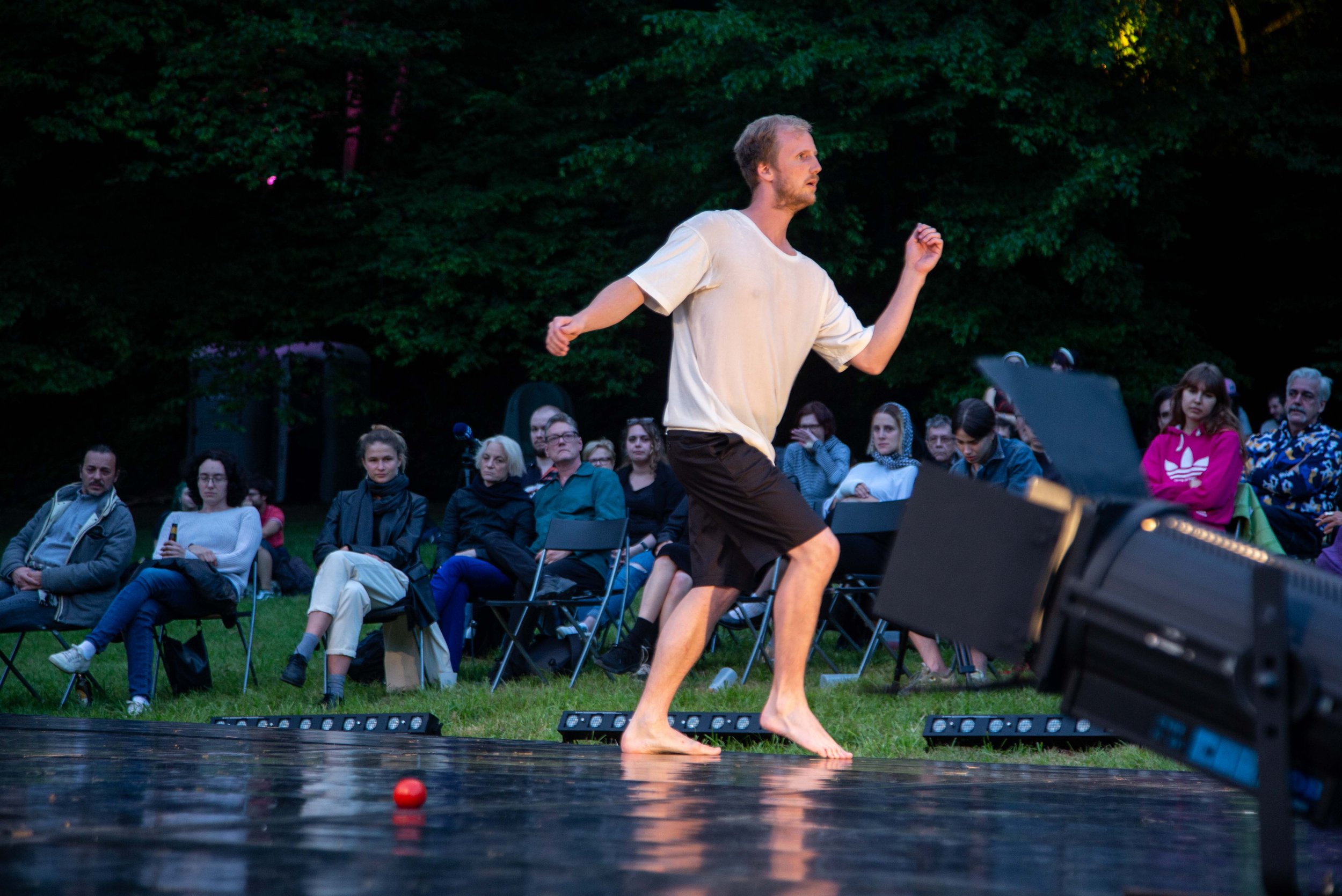
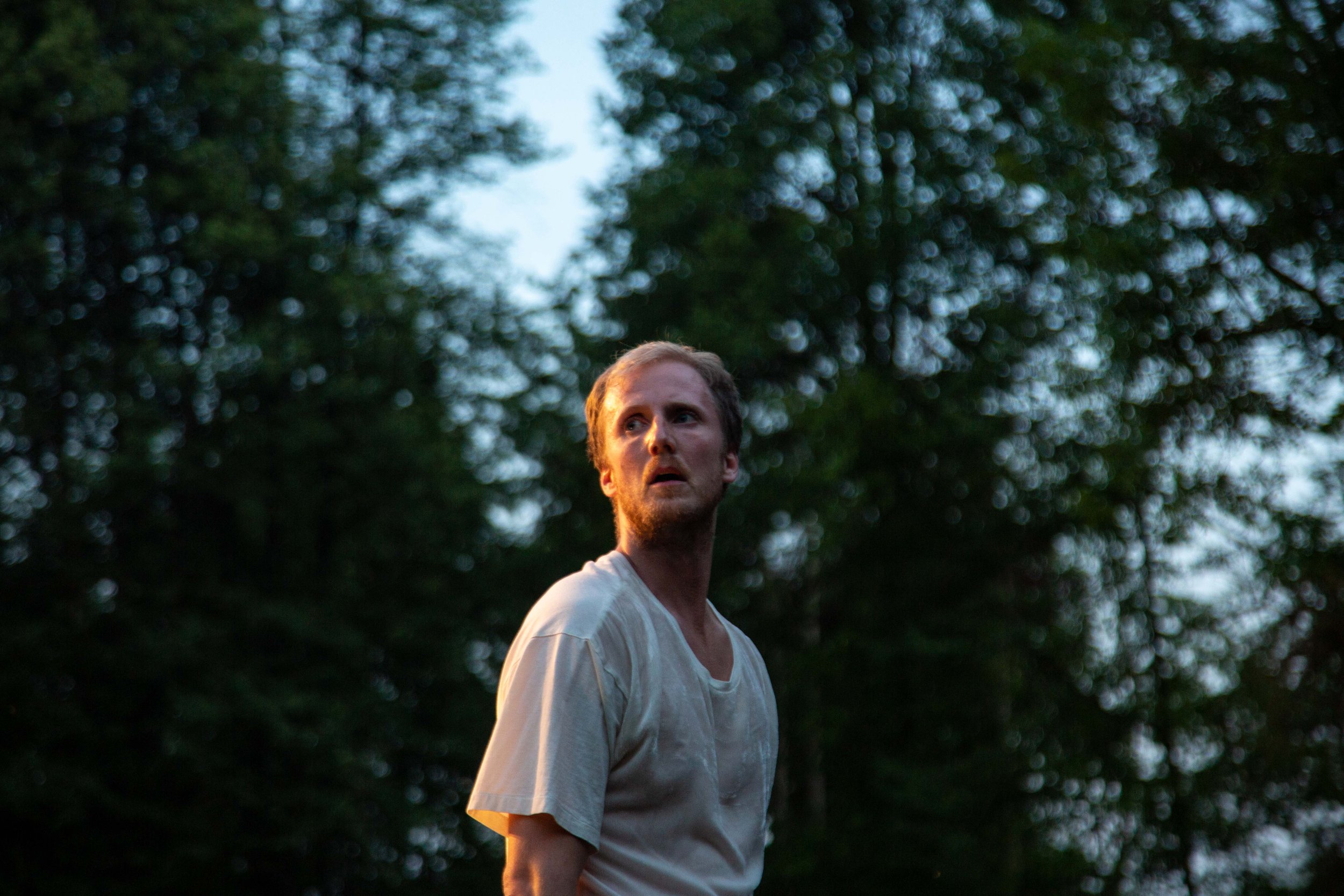
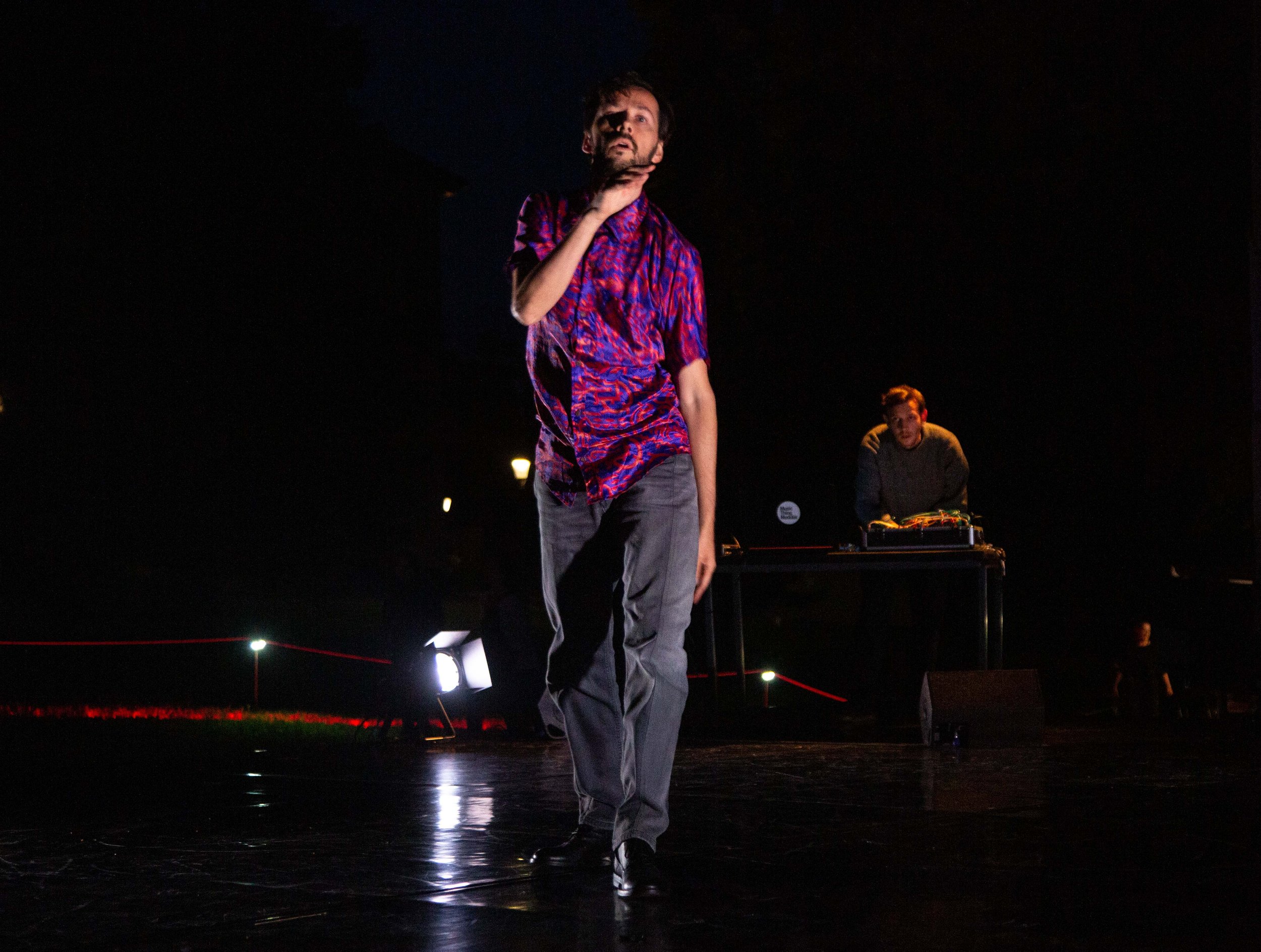
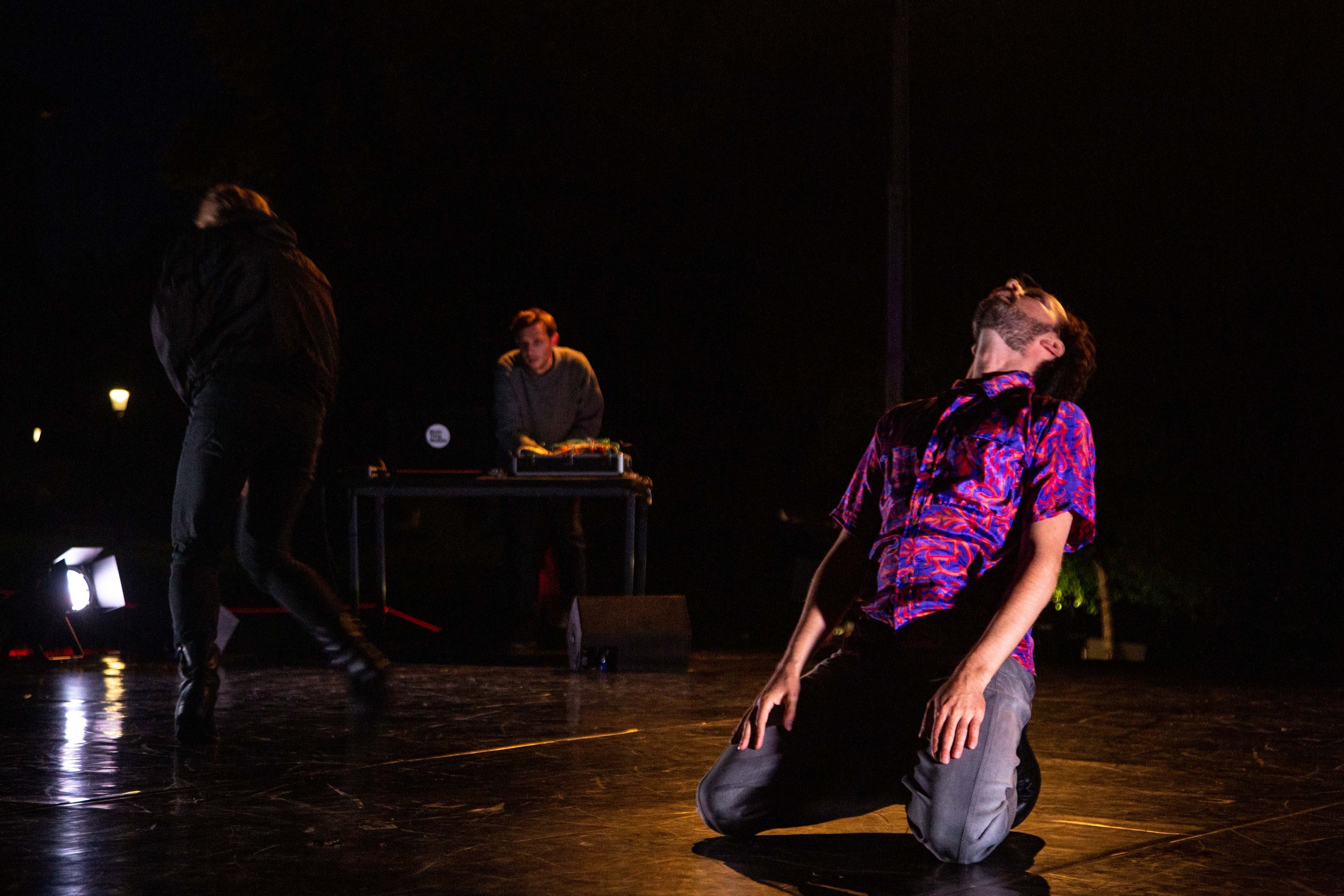
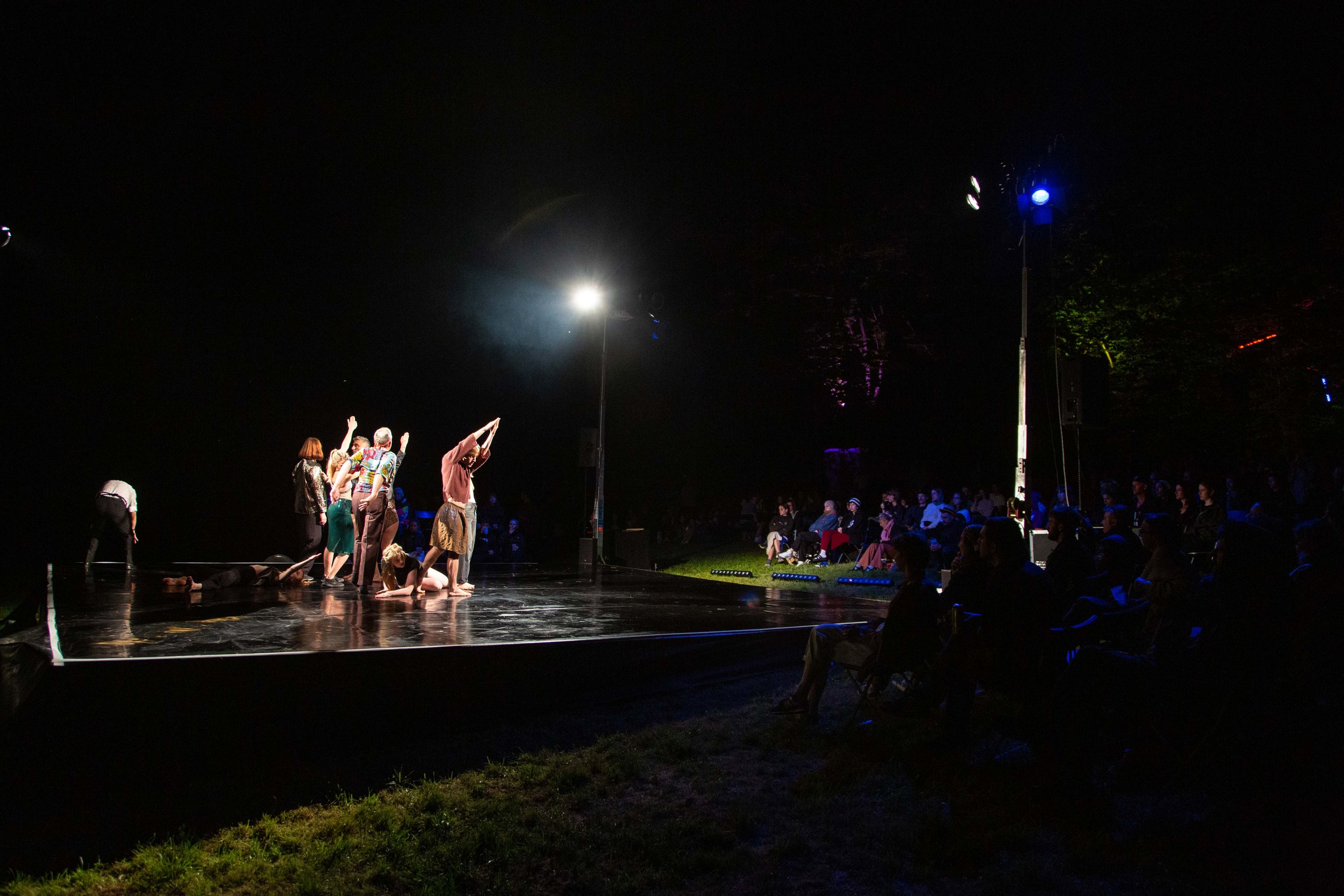
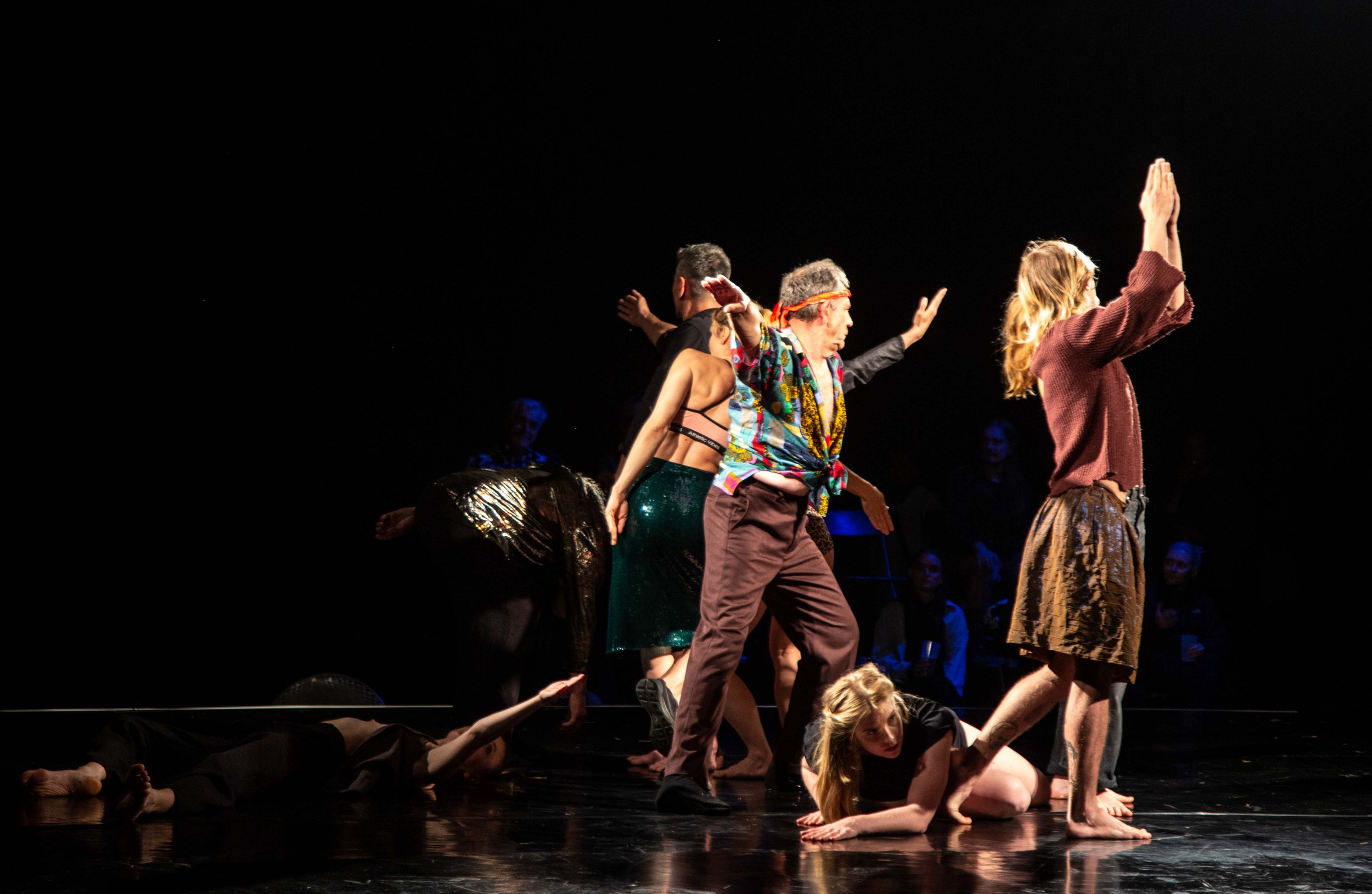
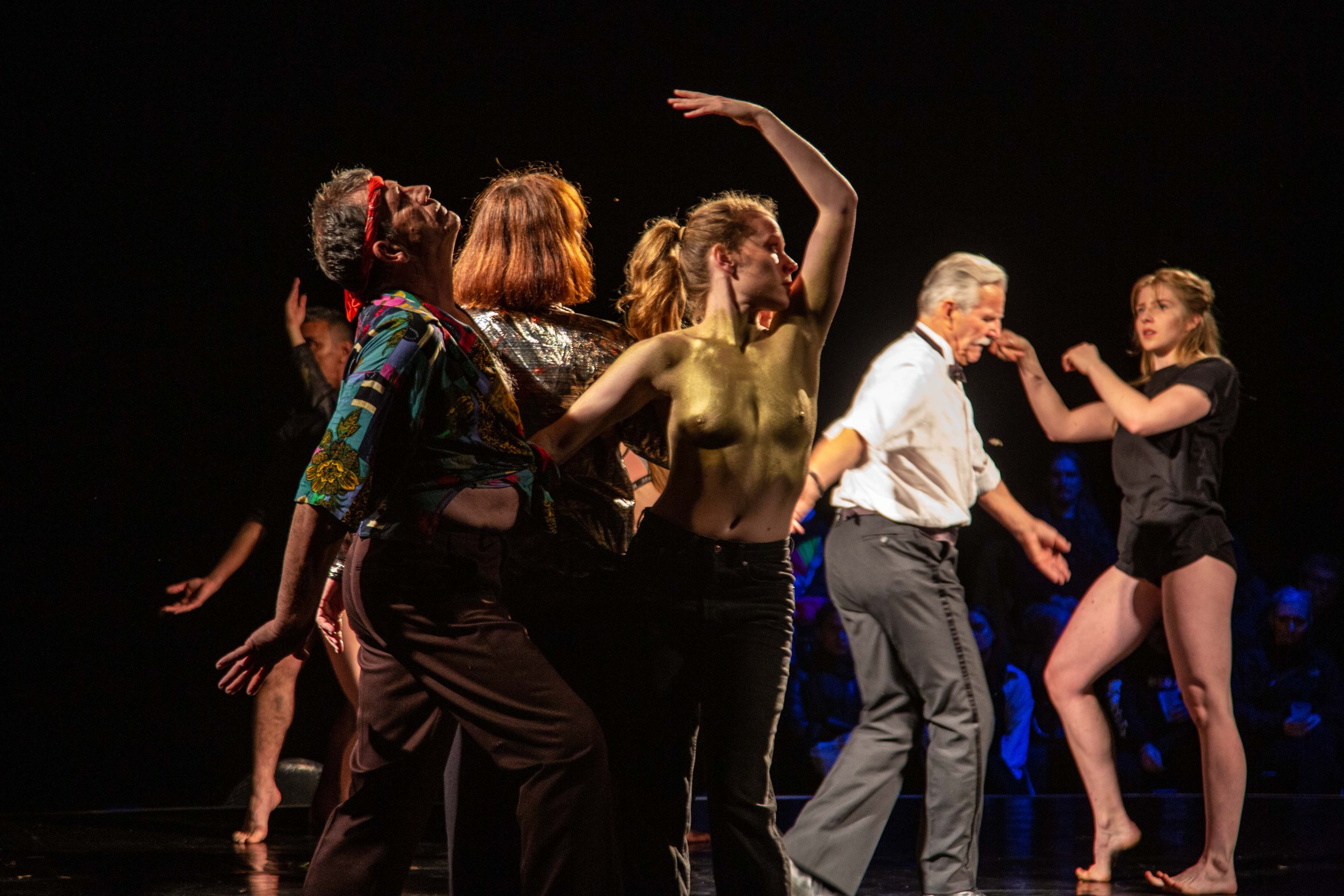
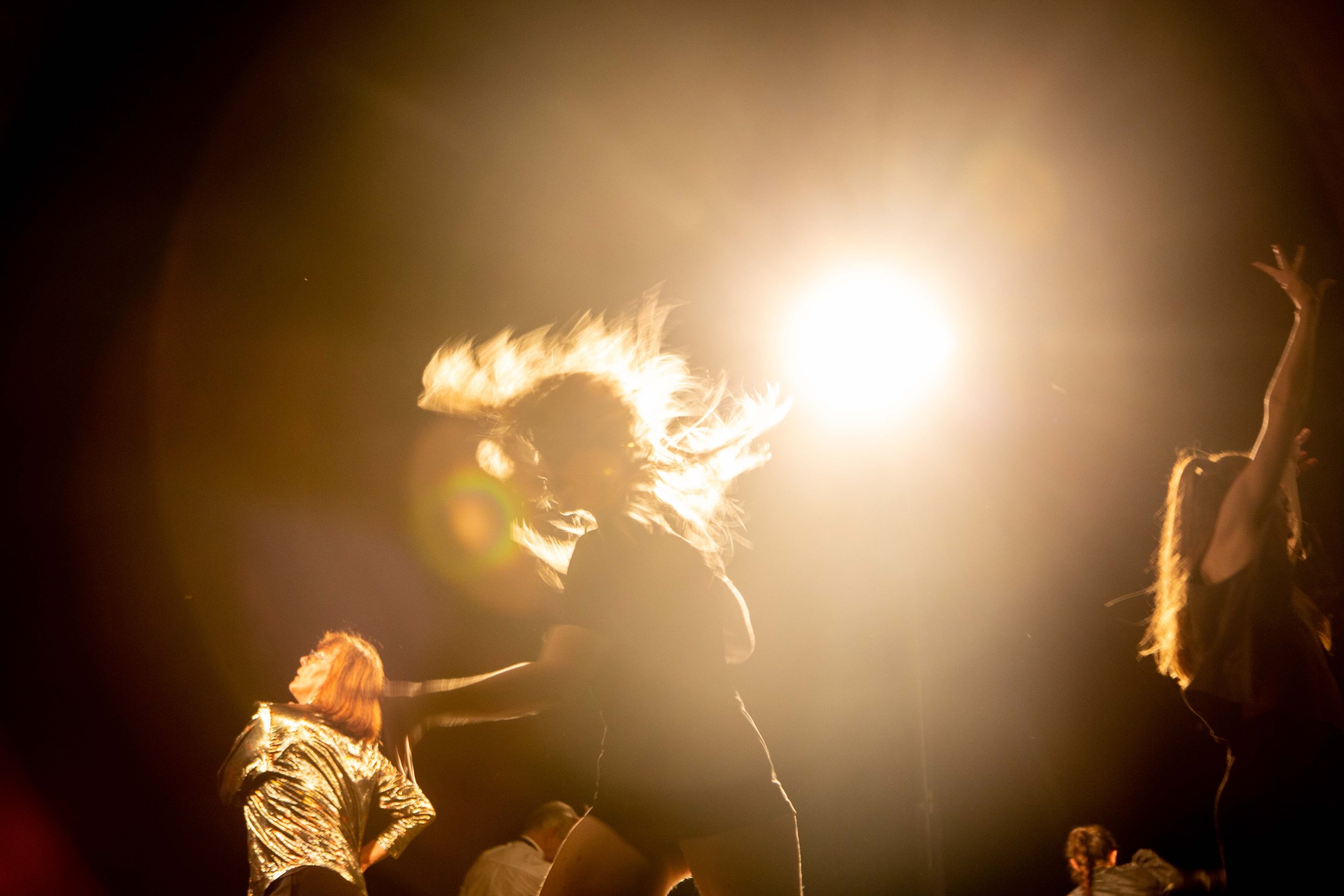
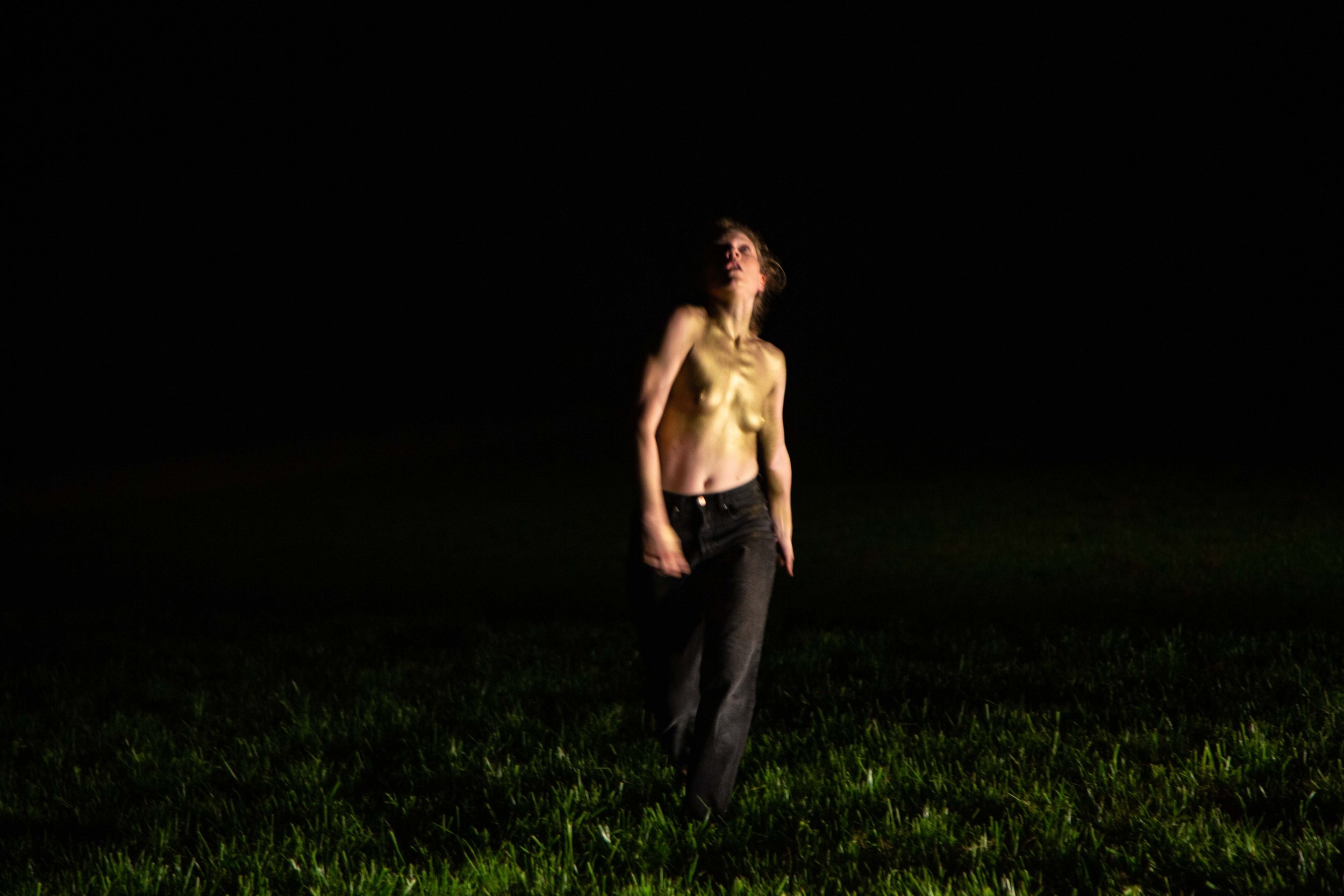
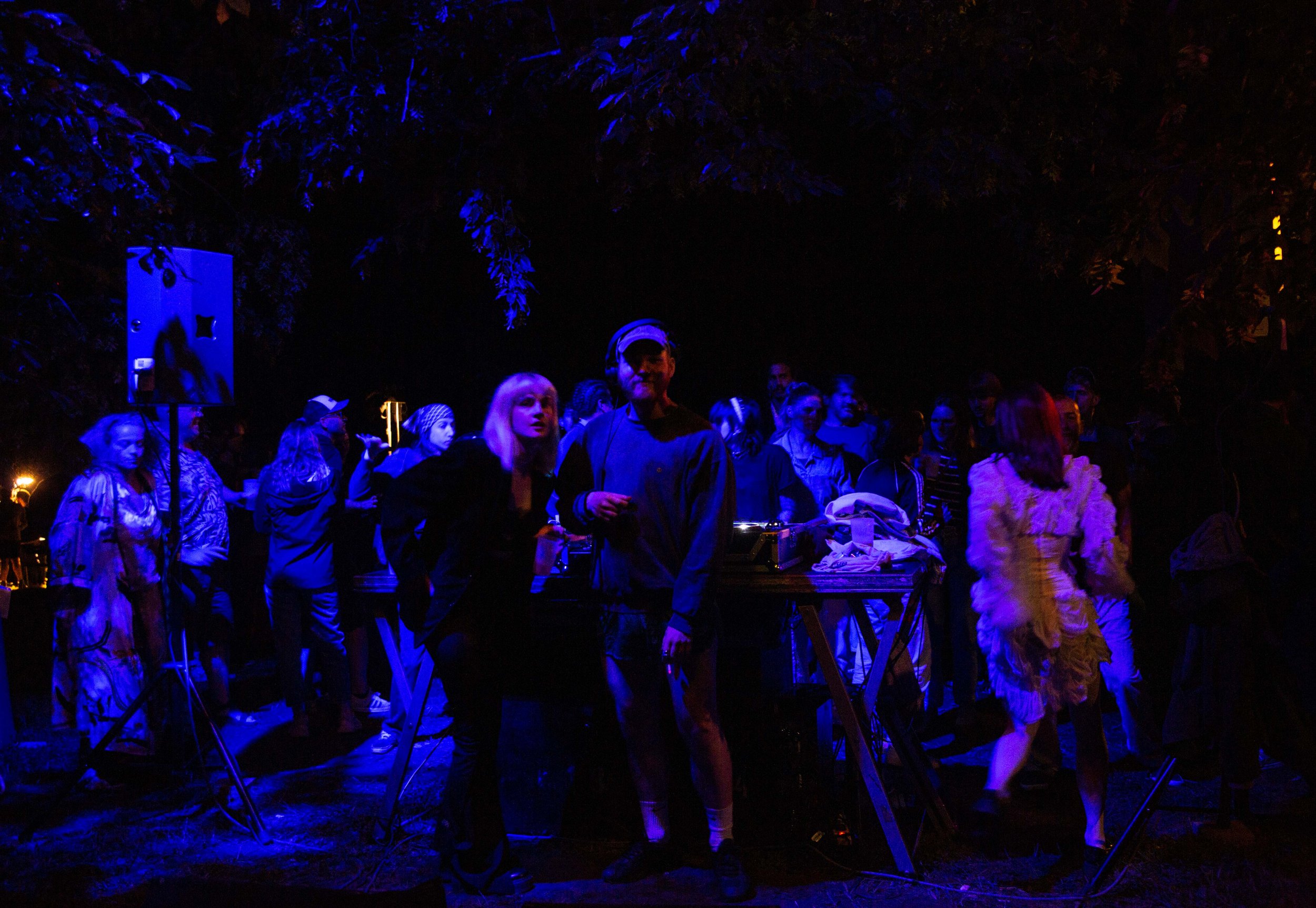
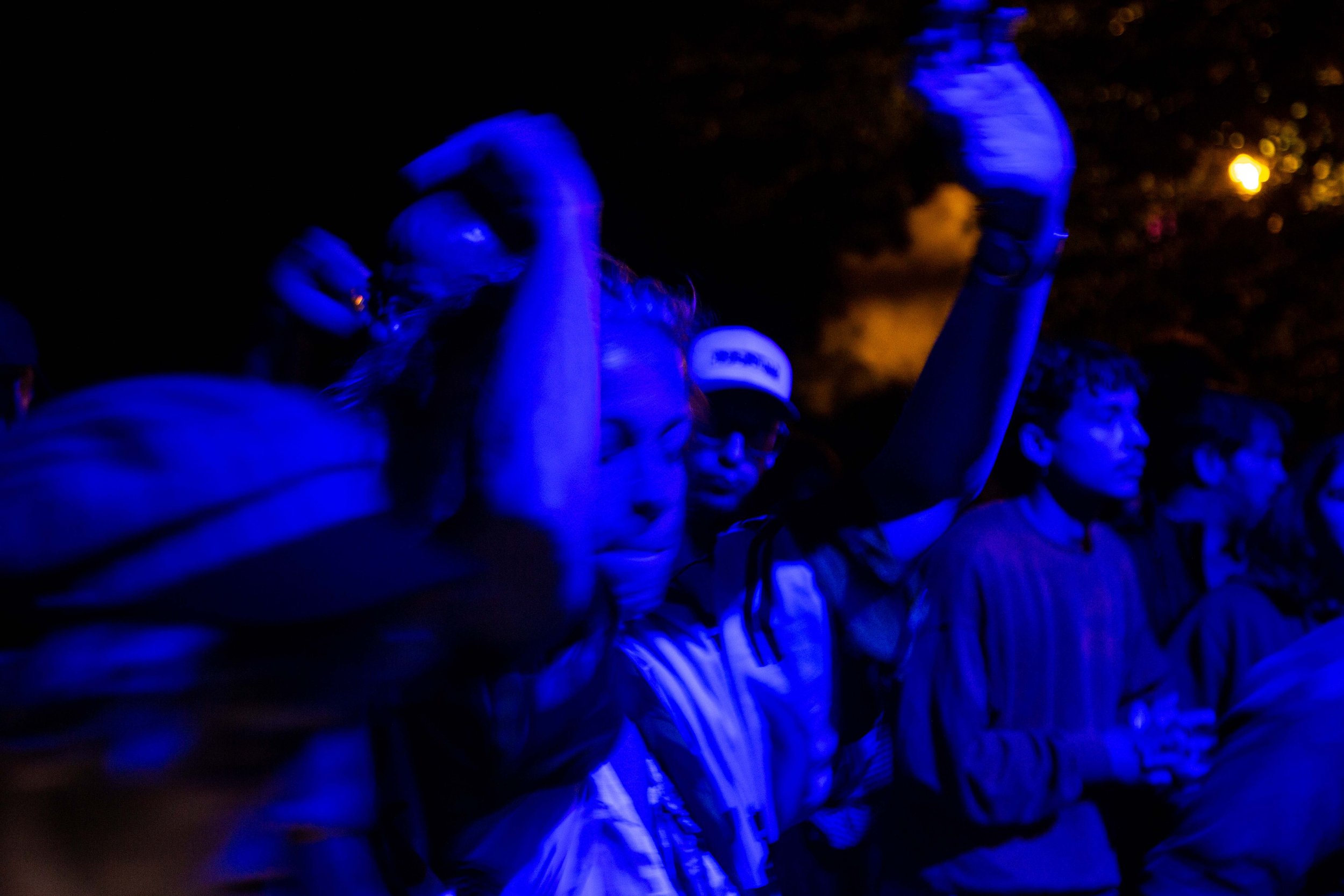
©Mark Požlep
ON NOT HAVING TO
Let’s start from the assumption that humanity is in a global cultural change period, driven by the expansion of international and multinational commerce, the mass media and digital technologies, and above all, the human population explosions. Many movements work to reconstruct the cultural concept of society.
In a way, the main virtue of culture is recognizing change as both a transformative and resistant force related to social structures, natural events, and the construction of ideas that are also subject to change.
But the stakes have changed as well. Faced with the development of new AI search engines, image generators, sound simulators, and GPT, one has learned to recognize and scroll past interruptions and retain focus. Block it out, scroll down, and repeat that ad infinitum.
The very focus has likewise changed. We’re observing the new trend of persons in straight relationships declaring queerness of those relationships. There’s contemplation about queer societies, queer animals, and queer molecules. Queer is here, and queer sells. This is not to invalidate the hard work of artists, scientists, and activists who presented the necessary alternatives to the hegemony of white straight male voices. It is also worth mentioning that race is a construct formed precisely by white supremacist worldviews and ideologies. The phrase, We don’t have to!, is a language structure taken from immense work the queer communities invested in and fought for from the mid-’60s onwards.
With the new millennium came the digital cloud. Analogous to God, this invisible cloud moved at the speed of light, taking over territories individually. This invisible algorithmic body paved the path for a new cultural model and avant-g(u)ardes.
From an analogue perspective, a territory is defined by its borders. The territory’s borders define software as a communication system used by a community. Each culture is defined by encountering another culture. The in-between holds a culture together through knowledge, science, art, language, fashion, etc.
From the digital perspective, the cloud is the omnipresent, invisible territory in which any movement is defined by the speed of electricity switched in and out. In other words, the digital territory is characterized by energy emissions. In such circumstances, the question is no longer what holds us together (the in-between) but what is in all of us (the in-no-one). Therefore, the digital culture results from the power to move a mass by force. It seems that digital culture is defined by the speed a certain app speed can reach, i. e. by the software, and is regulated deep in the convoluted cortex of the brain. The question of how defining the digital culture is not ‘what holds us together as human beings’ but rather a question of splitting – in two, three, and so on. The digital culture is networked and open-sourced.
So what changed and what didn’t? The very idea of culture changes through feedback and critical thought. It is necessary to admit that data production is, among other things, a process that unravels the gaps, blind spots, and problems the formal cultural systems face in an attempt to invent new axioms and rules. This “polluting and heretic data” gives light and agency back to the oppressed. However, it should not be overlooked that the www, computers, walkie-talkies, duct tape, space programs, drones, weather radar, GPS, The Jeep, etc., were all military technology at first.
Digitality is the site of dominant, neo-lib forms of power where labor is exploited. The new global capitalism got upgraded: it found the means to sell inequality as a good thing! Nothing changed. The dominant model still radiates the militant logic: more is more! And if the territory is infused with the movements across the digital (invisible) sphere, the ROI and measurable impact are both, despite the cultures encountered on the way, still the dominant values. A severe rollback toward essentialism is at work. It seems that digitality is in service of the analogue world.
Enters the physical presence. As dancers, we often use our arms and palms to express the meaning of words. In a socially-sensitive environment and advocacy in the name of gender non-binary determined people and BIPOC, such gestures are (rightfully) disputed because of the cultural appropriation they are formed from. No one wants to be identified within the formal system which caused the damage! But if that is the case, and if the general awareness about the volume of the damage white male settlers had done is present, how come there is a sense of such a rollback?
The links between the verbal and the visual have become the key structural protocol of the internet. The physical presence of a body is in a convulsion! Which body, whose body, where does this body come from, what is its gender, what is the colour of skin, the or the eyes, etc.? It feels that, in order not to fall for any manipulations, distance is the answer. But, while not disregarding any person’s wish not to be touched, with distance comes, first, antagonism, and then, a place for totalitarian systems to thrive. In the era of the invisible yet omnipresent digital body, physical presence matters. And yet again, because the physical presence in the digital systems reduces this presence into linear bodily subjection to control, the crucial questions are: What about tilting back and away? In and out. Just like with breathing, there is and must be: rhythm. There is Dancing.
It is easy to get lost in the digital cloud. The so-called attention economy, where businesses compete for the consumer’s attention, is thriving. It’s become a culture. However, what also defines culture is art, this parasite, this virus that can turn the formal systems upside down, tear them apart, and make something out of their inconsistencies. Art is about the gaps and insufficiencies. Data produces information, information produces knowledge, and knowledge produces Dance (Truth)! But concepts must be experienced. They need to be lived. So what about the body and its physical presence? And what about the skin and the touch?
We don't have to fear algorithms; they are just techniques. We don’t have to be mere users; we can tilt in just as we can tilt out. We don’t have to neglect the body and the physical presence, this messy, inconsistent, and unfinished business. We don’t have to deny a body that seems to be consistently exceeding and evading its limits. We don’t have to undermine the experimental side of the human subject that seeks happiness through sensory extension and augmentation. We don’t have to obey the old ordering of senses.
What we do have to do is to seek out the ossified power narratives and data. By undermining the existing technologies and endorsing the Dance as an entity that tilts away from the shackles of choreography, the windows open to a wide range of methods and approaches, including further historical investigation, ethnography, disability studies, political economy, feminist and queer accounts of the body, skin, and touch, cross-cultural comparisons, and approaches to organic hardware and software.
Welcome to Spider Festival 2023, a Dance study of the digital space as a field of resistance to the hegemonic contemporary choreography interfaces. We invite you to tilt in and out and encounter empty frames filled with organic materials. Welcome to the place of opacity, inhalation, and reflection. Bring all the data and expectations, and let all thought be metabolized by idiosyncratic dancers who feel their way through the world imaginatively and artfully.
Matej Kejžar, Artistic Director of Spider Festival
The Spider Festival is open to everyone. You can buy a ticket on a pay-what-you-want basis. But – spoiler alert: here comes a moment for everyday wisdom – what do we all really want? Where does this ‘want’ meet with ‘can’ and ‘would’ and ‘most definitely will’? We don't have to, and that's precisely why we will? Let's make the answer easier: All ticket sales go for the preparation and implementation of the festival and the support of our team, which works tirelessly to ensure that everyone at Spider Festival has a good time.


